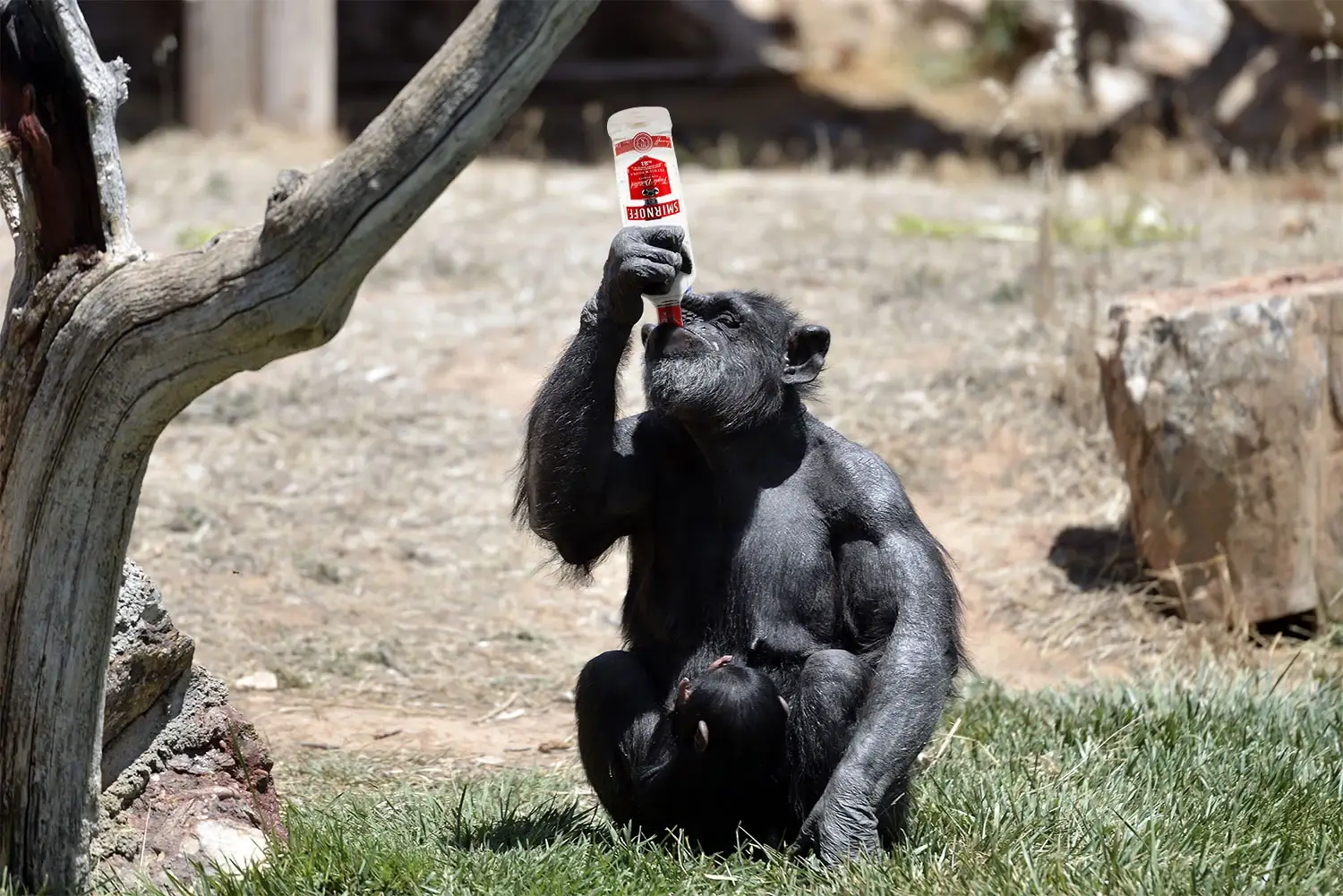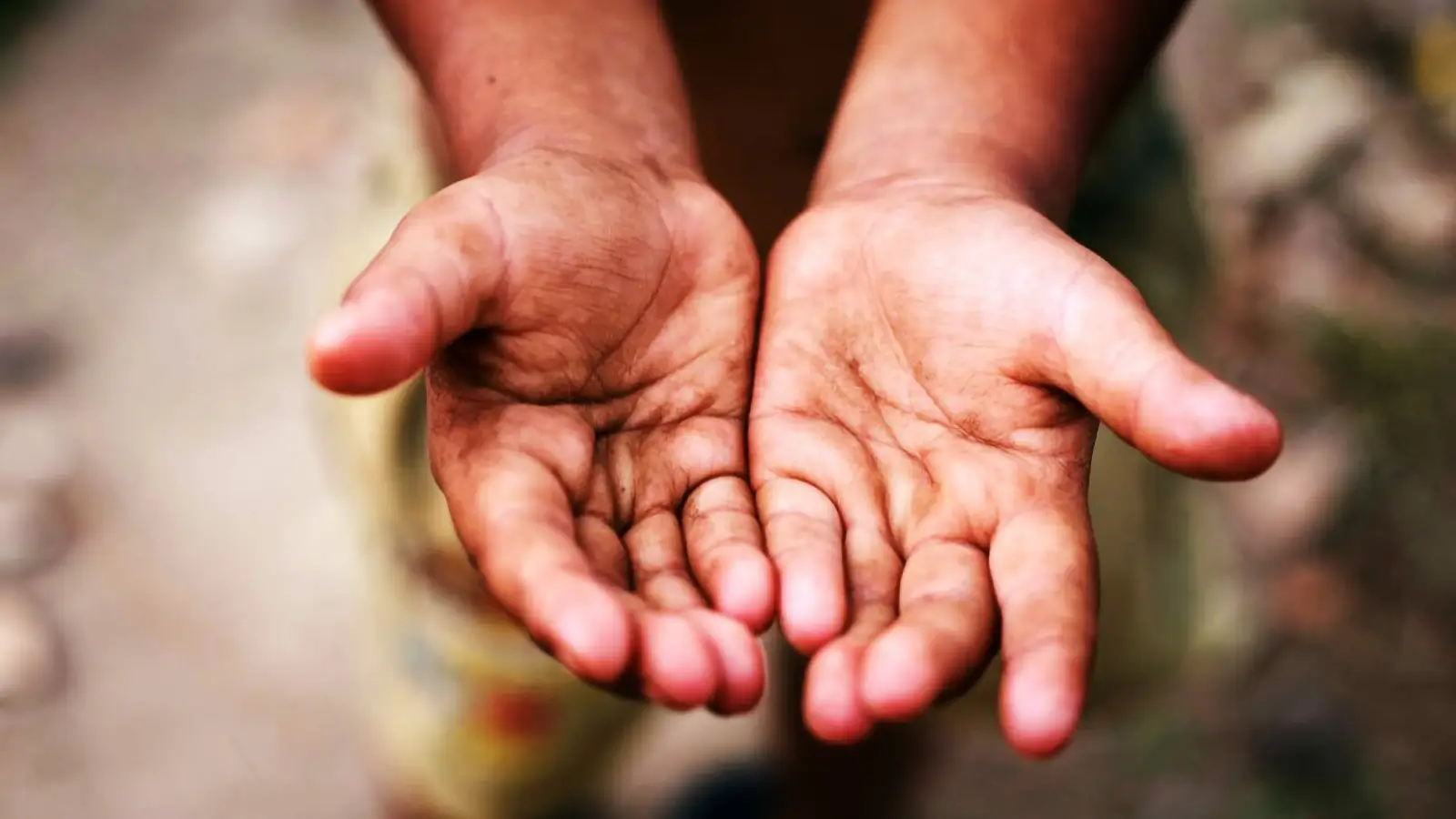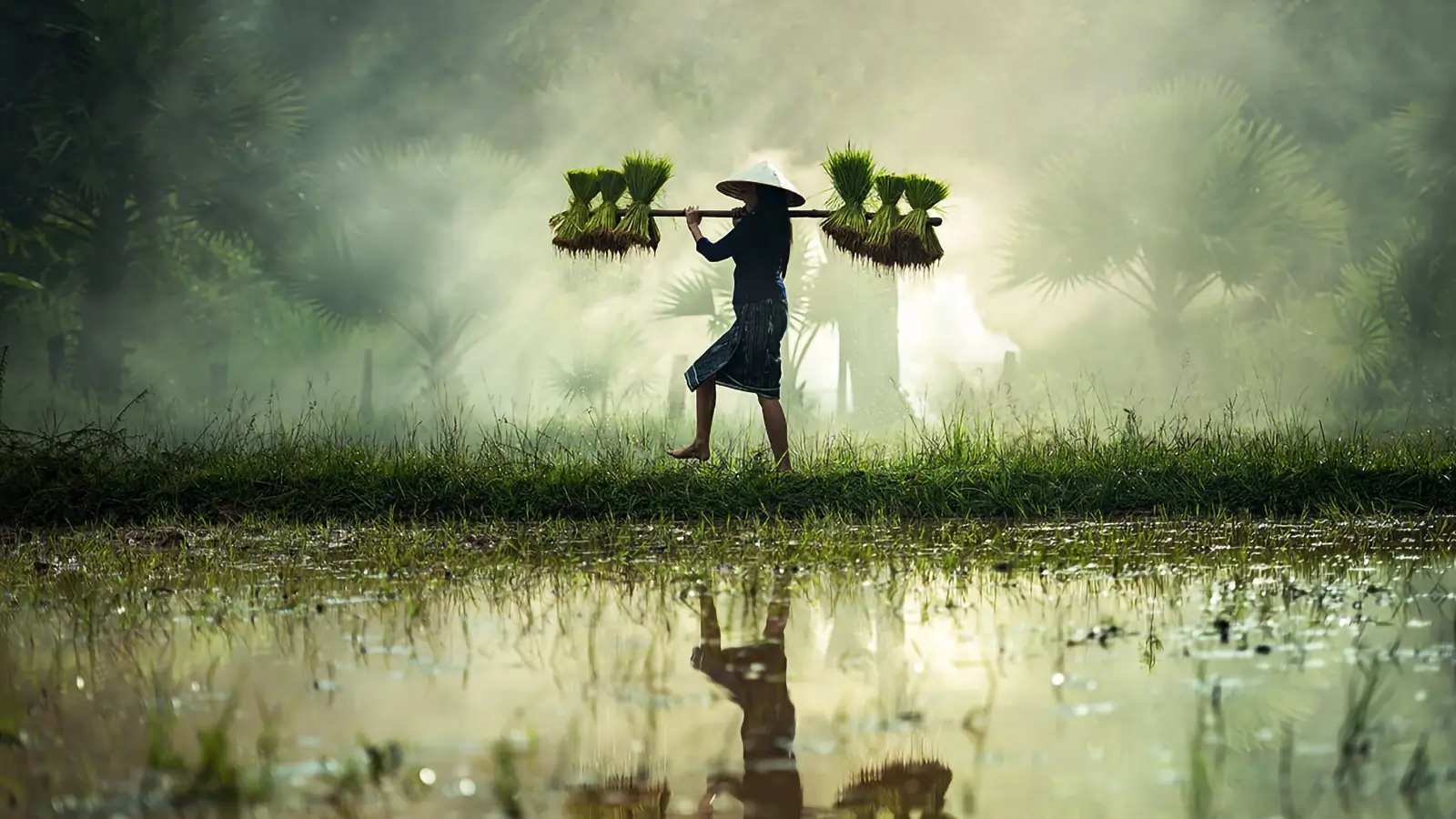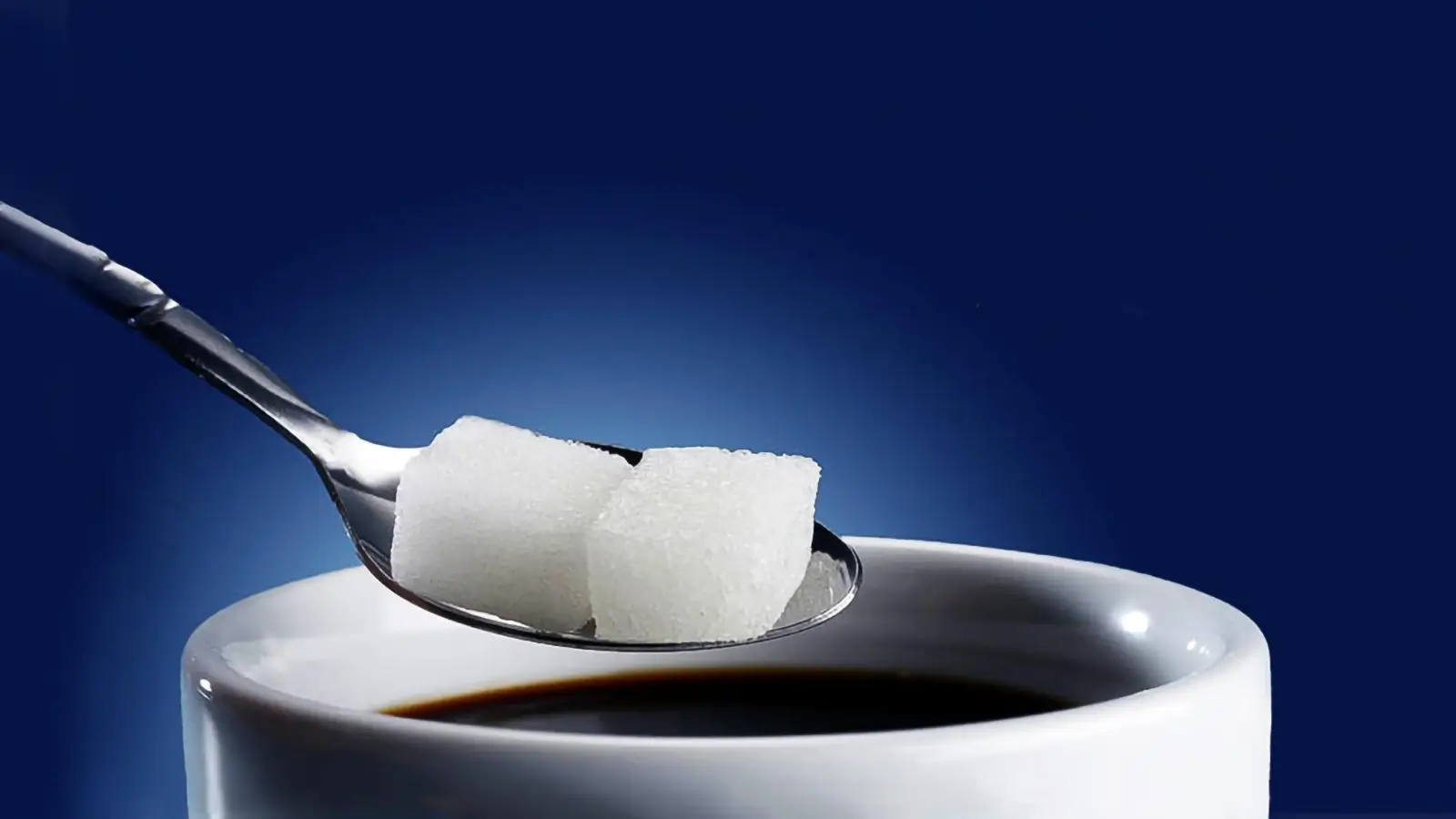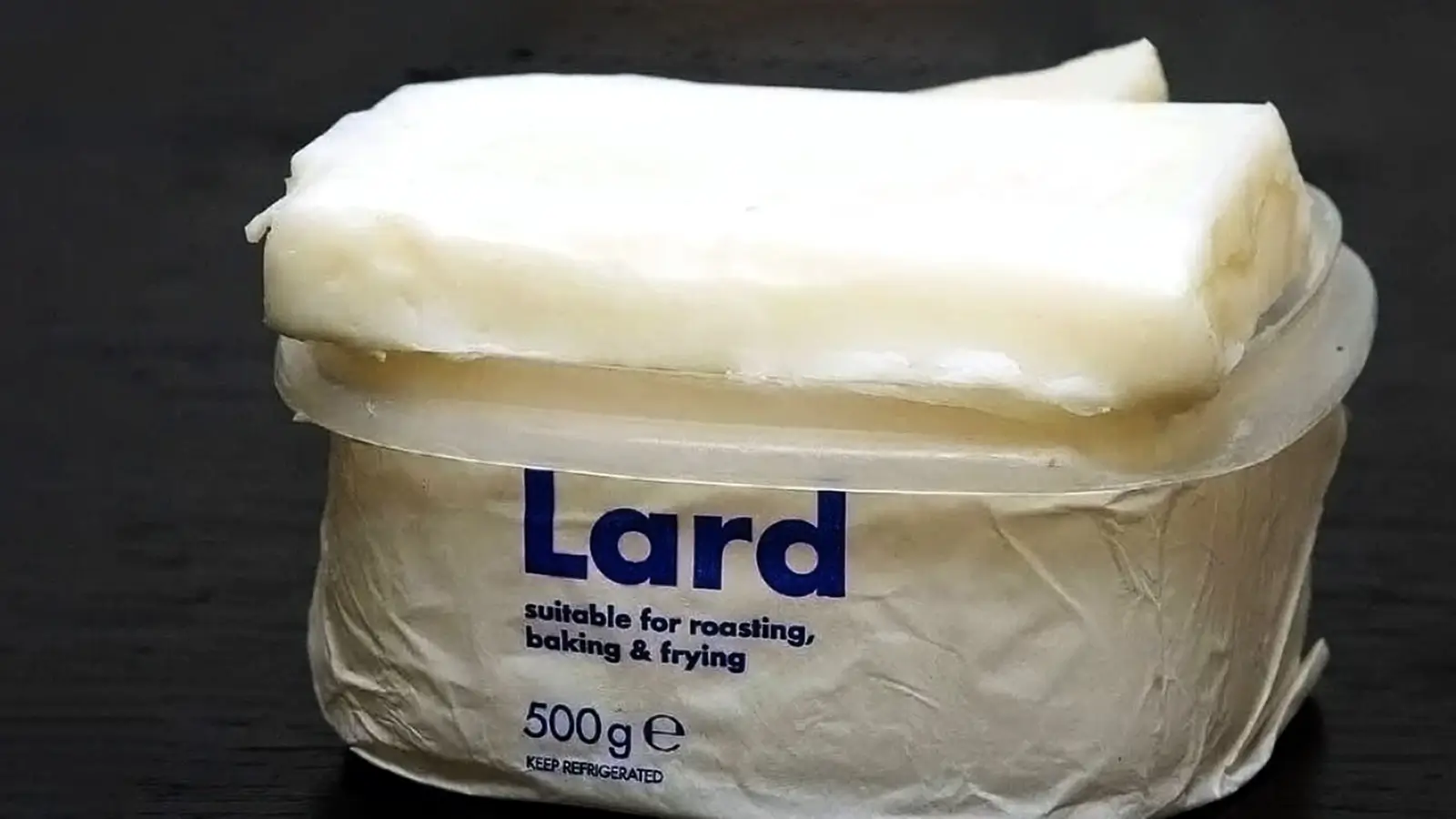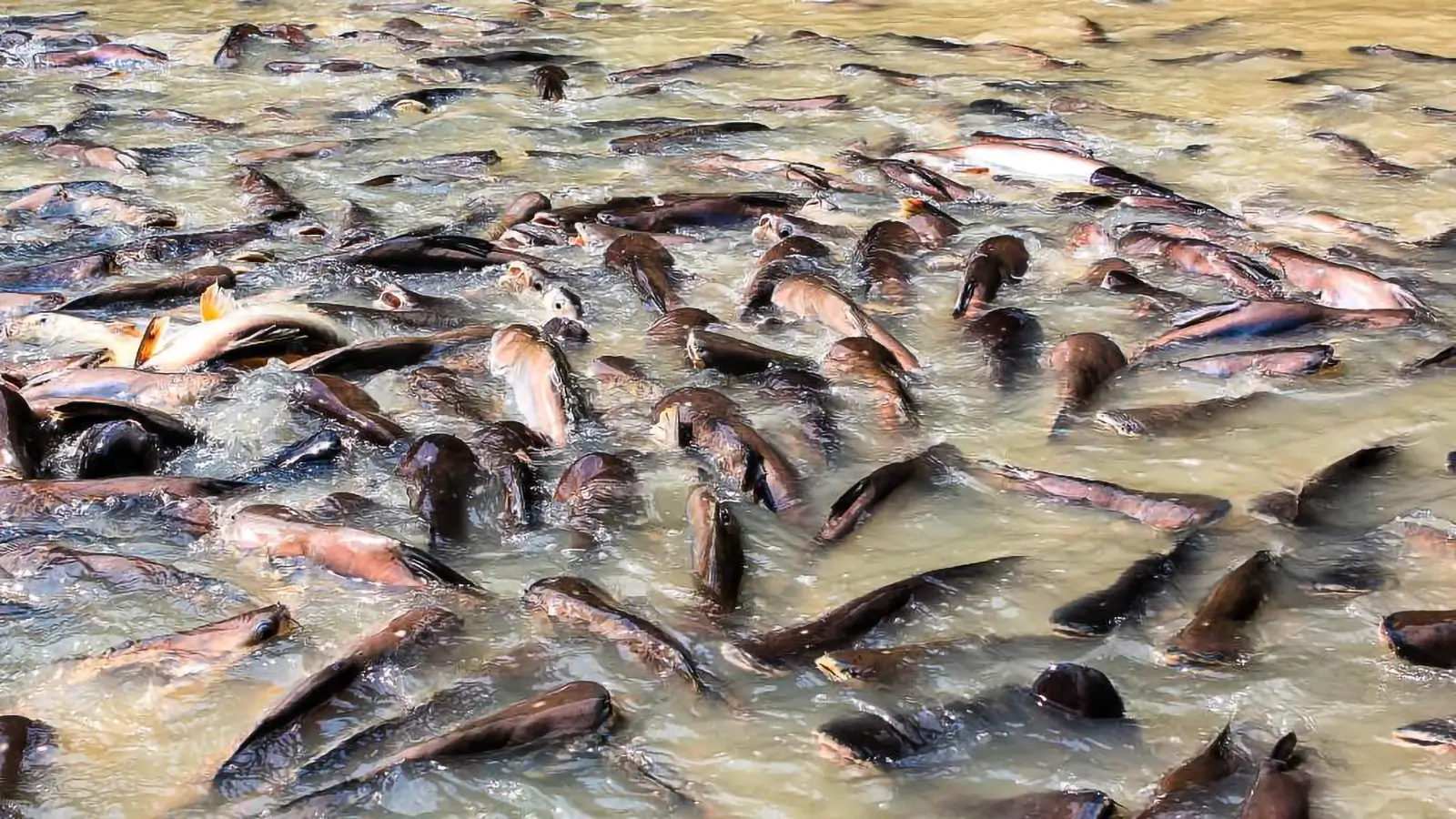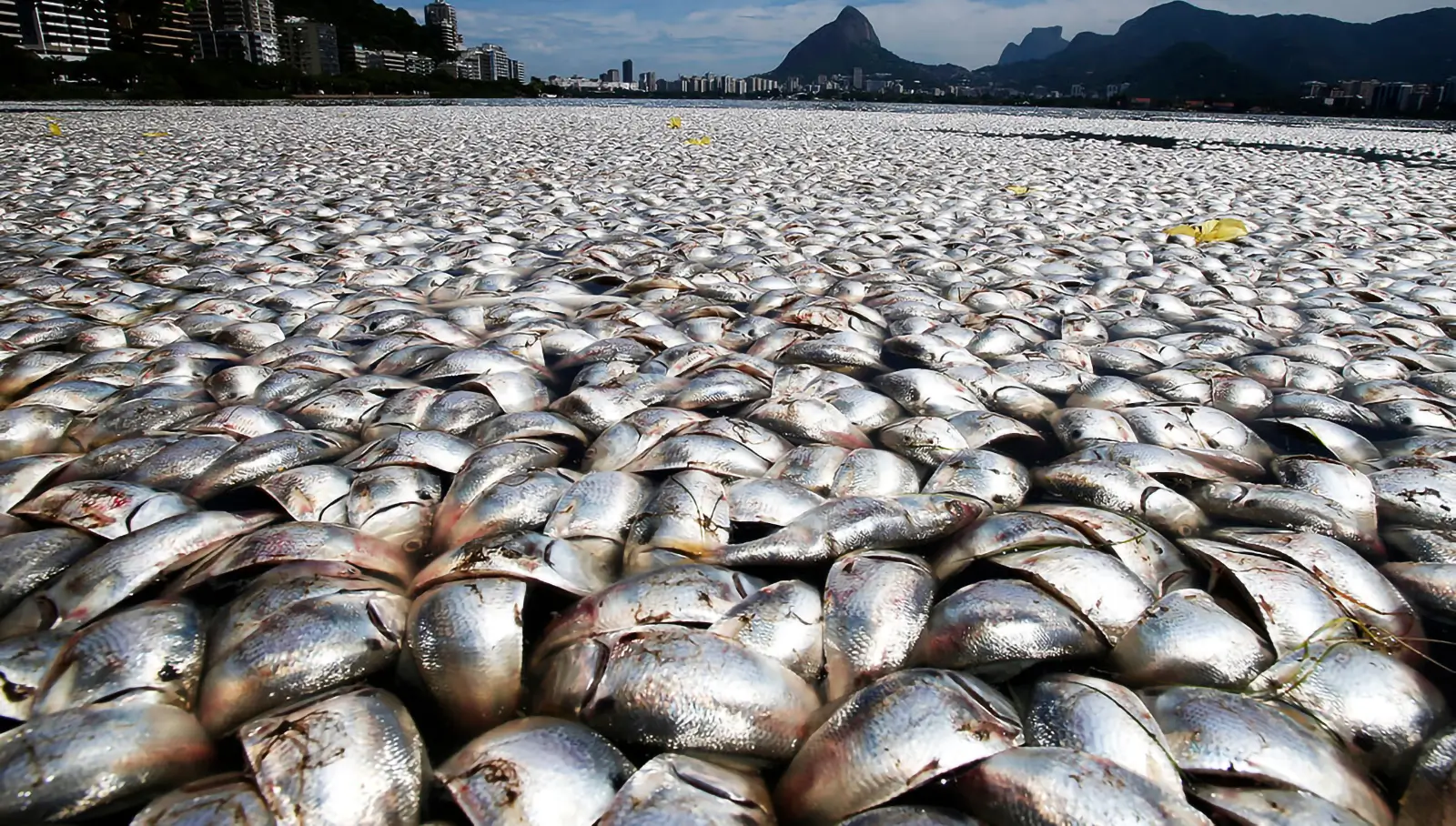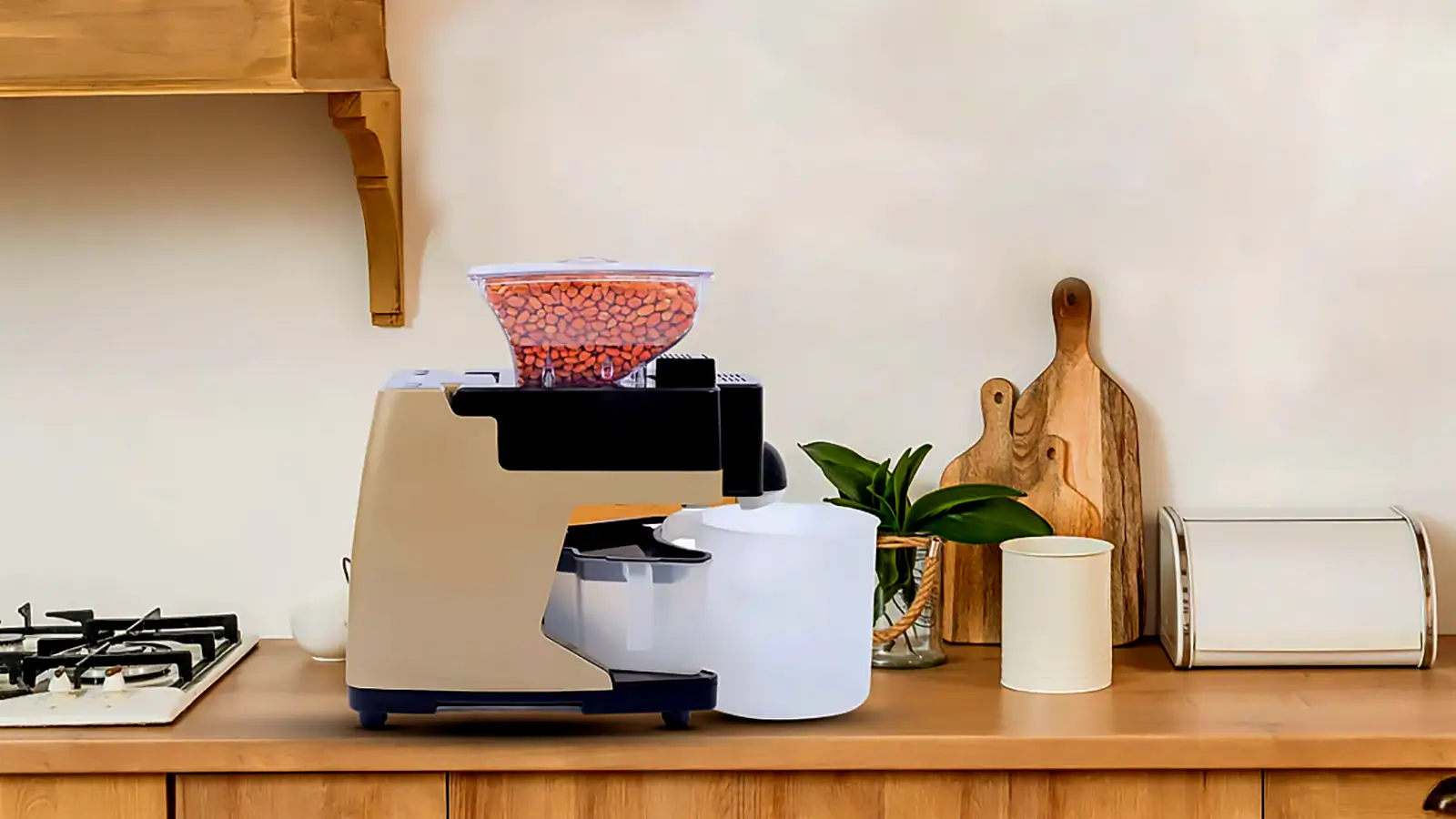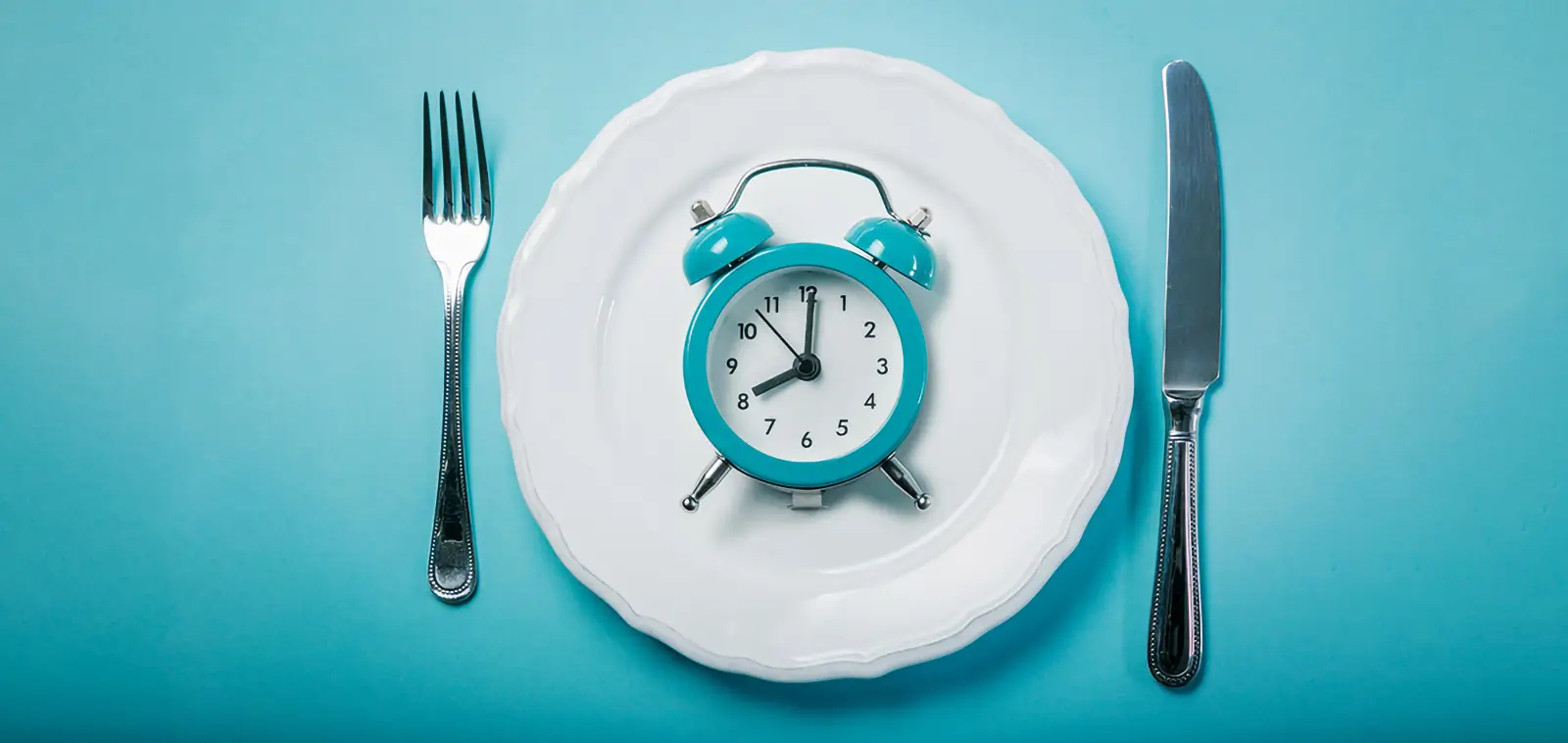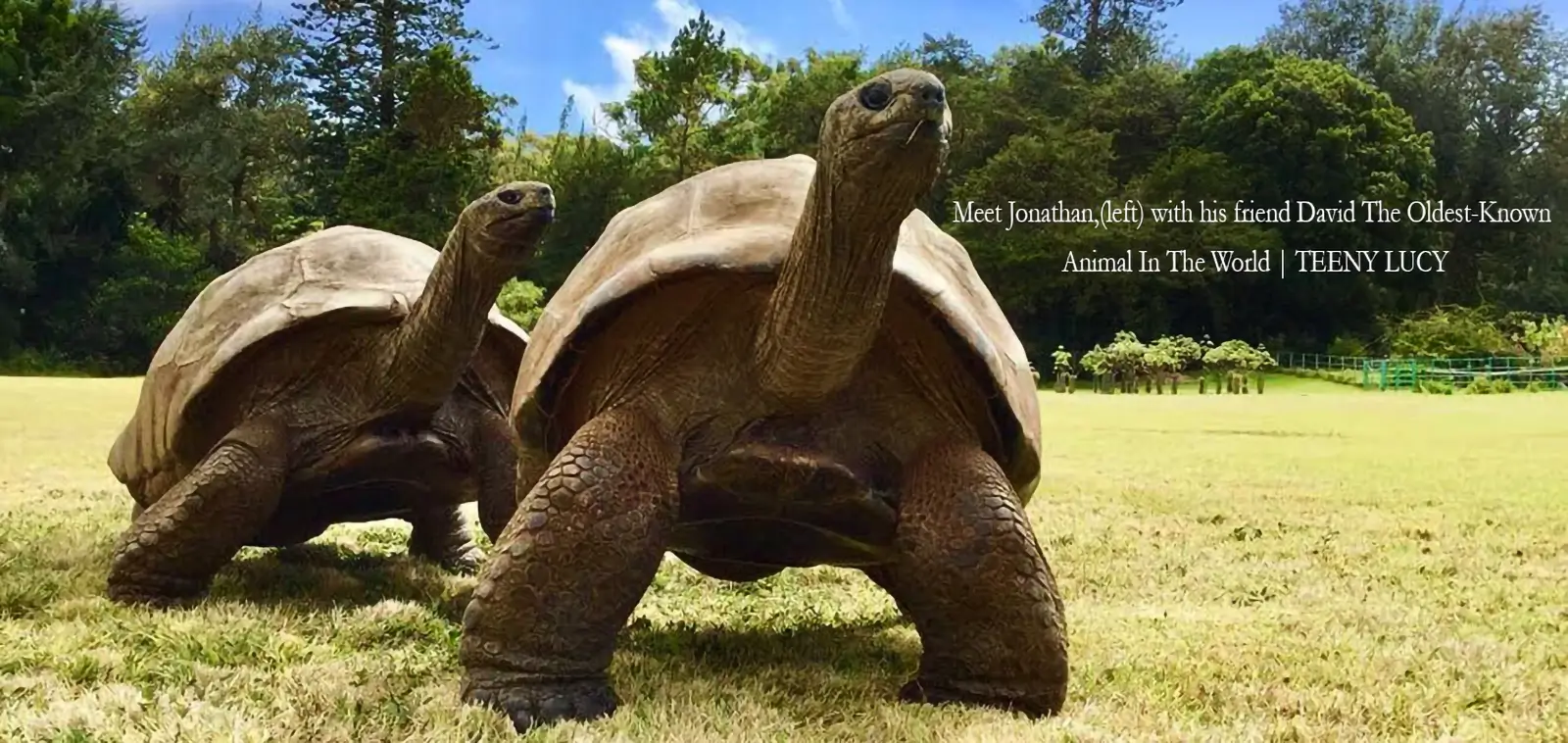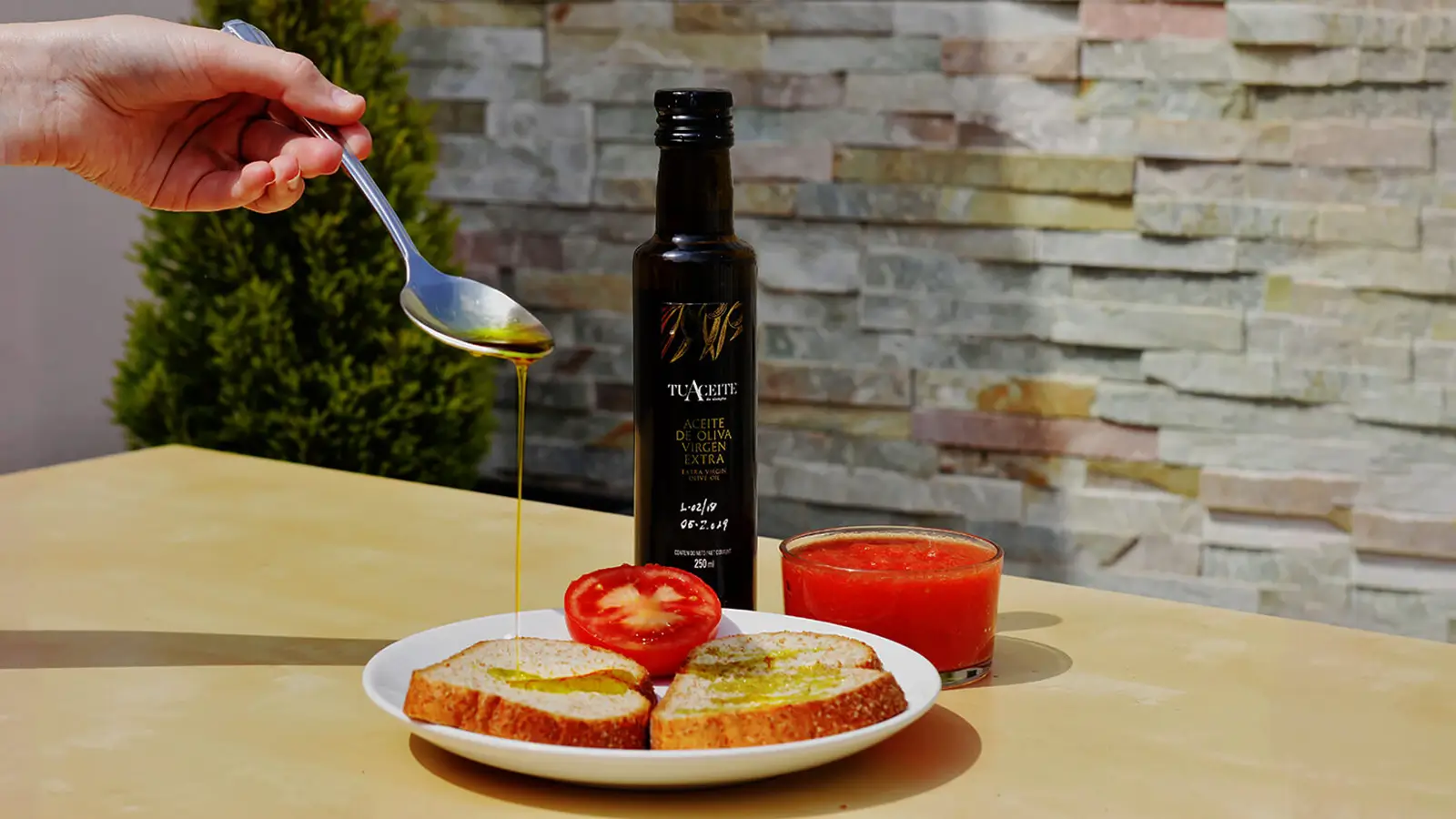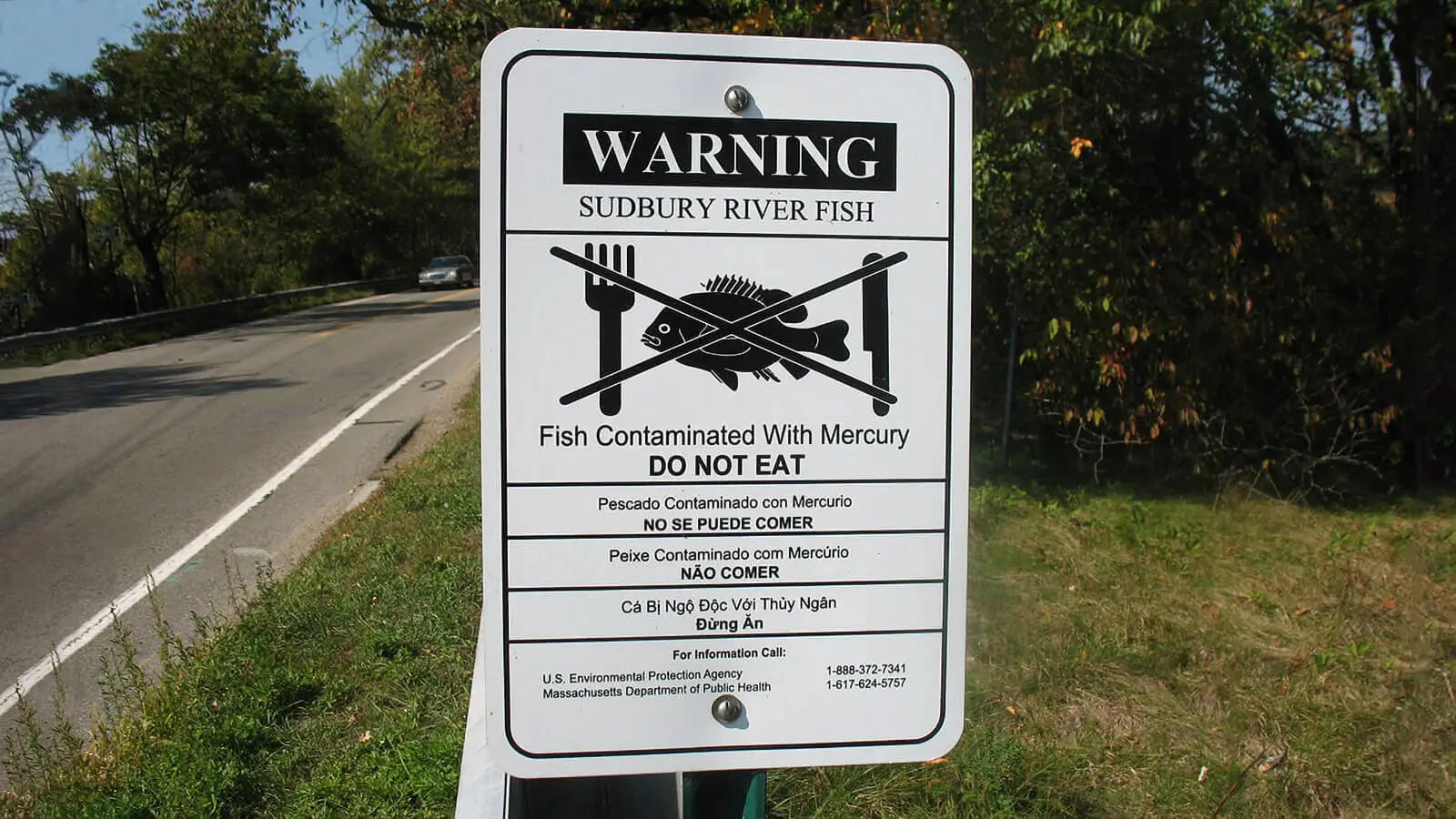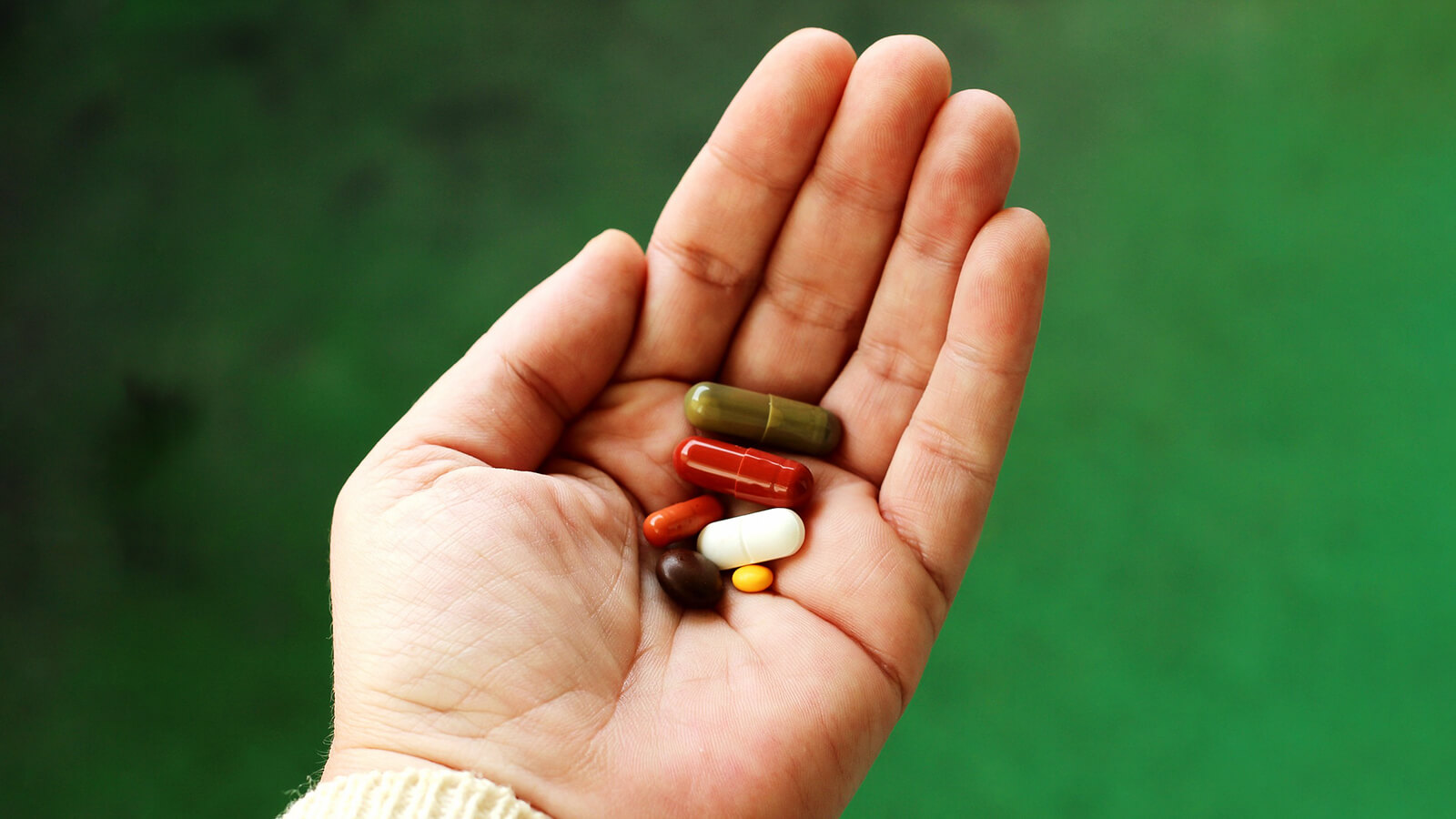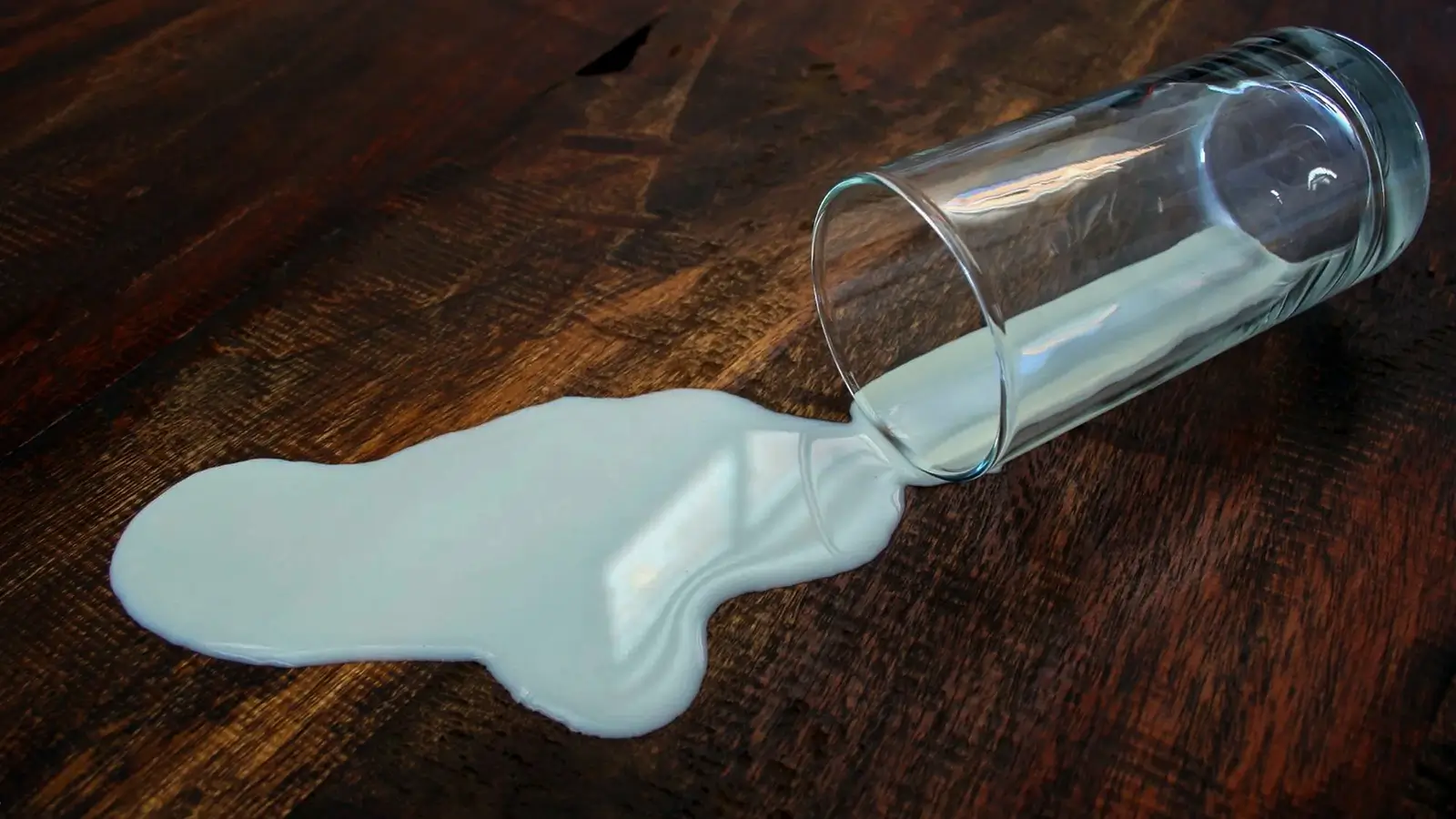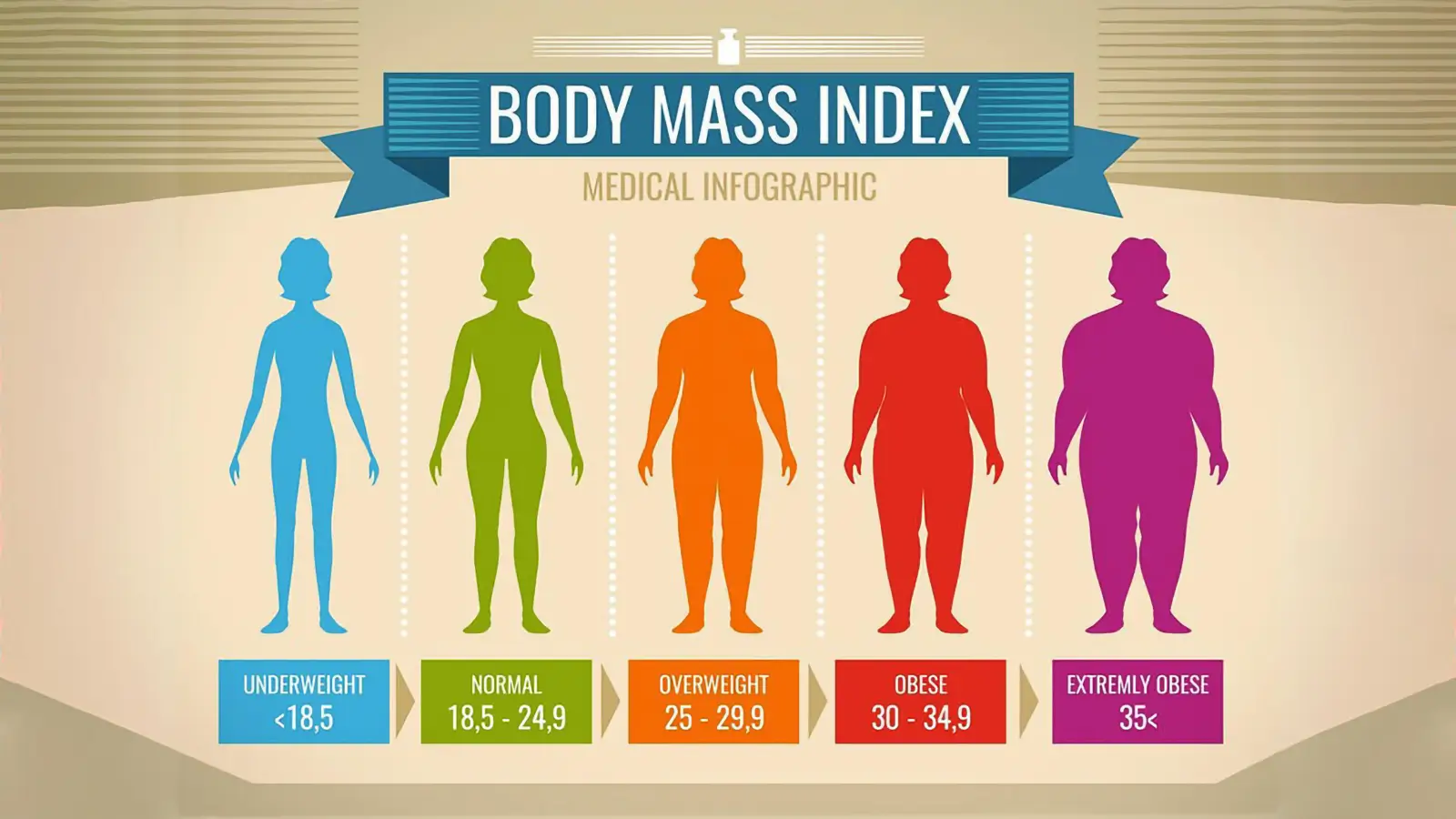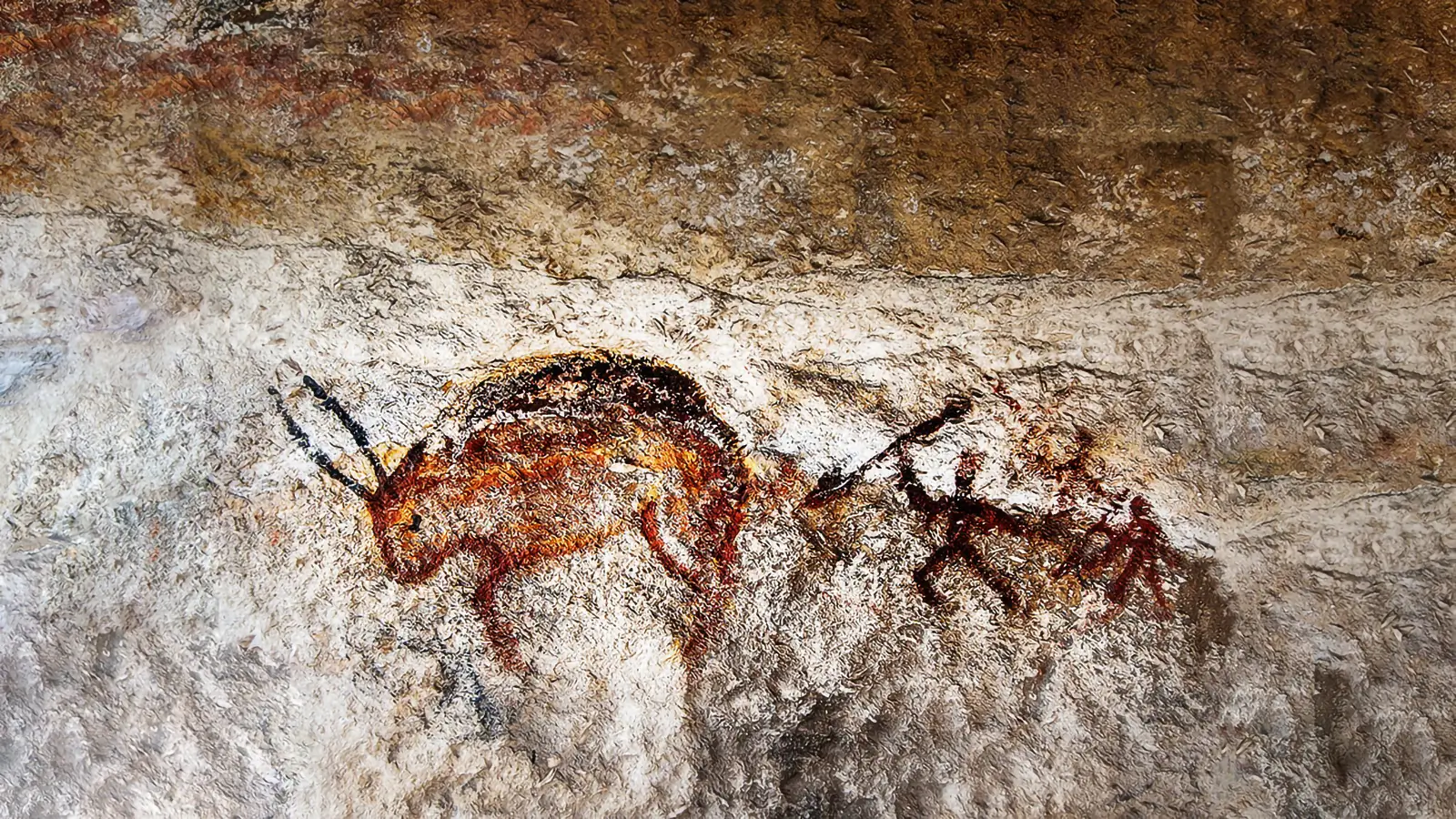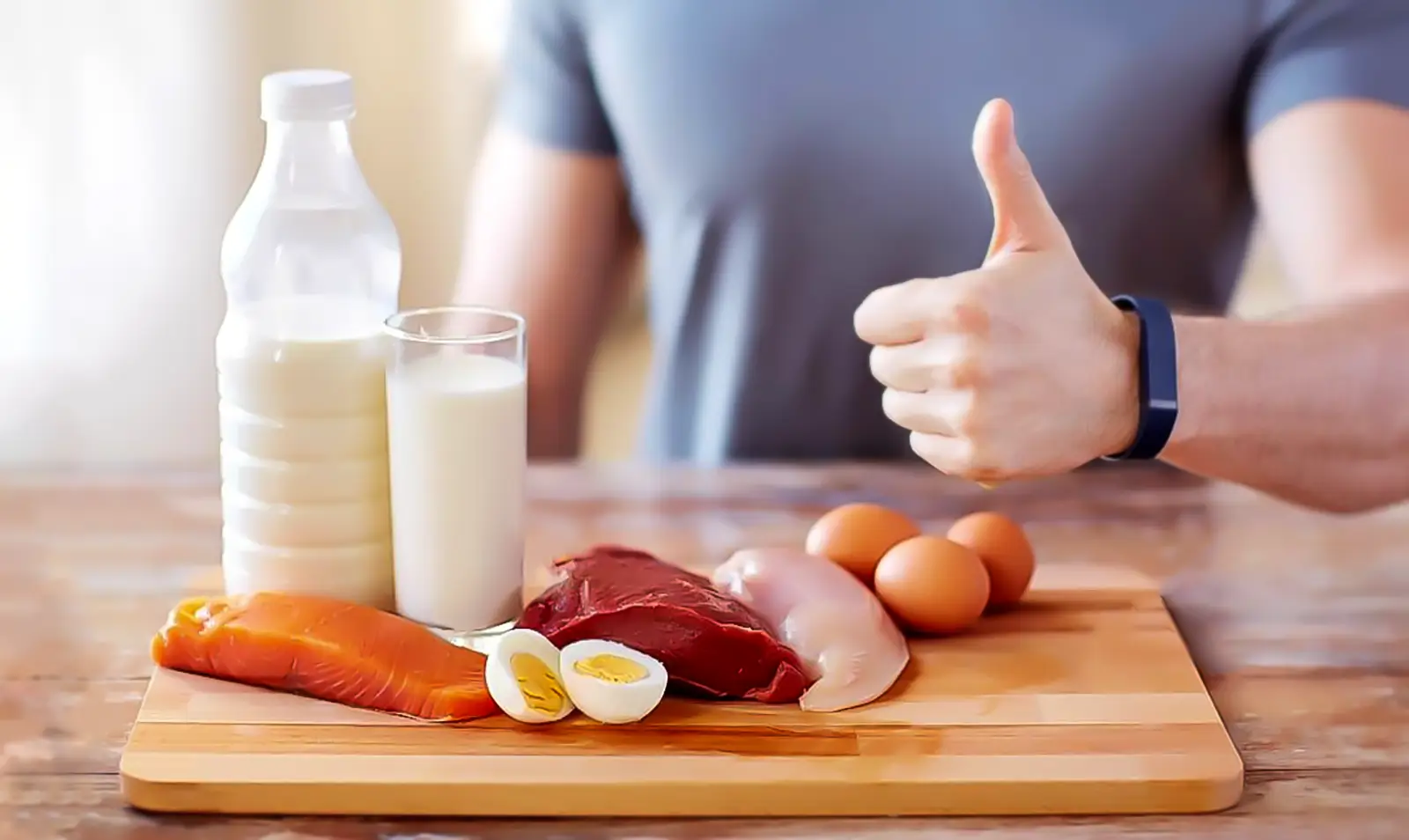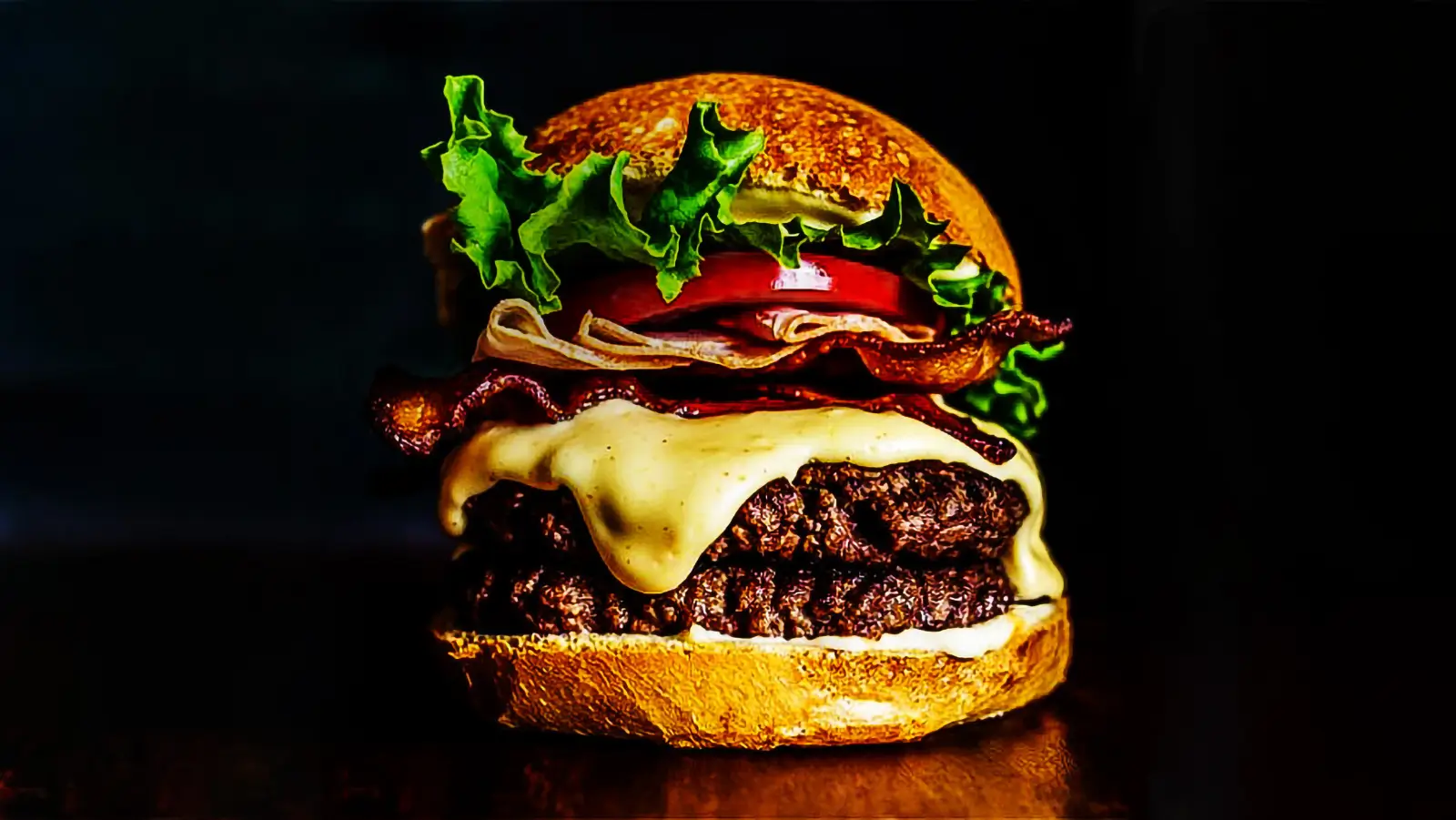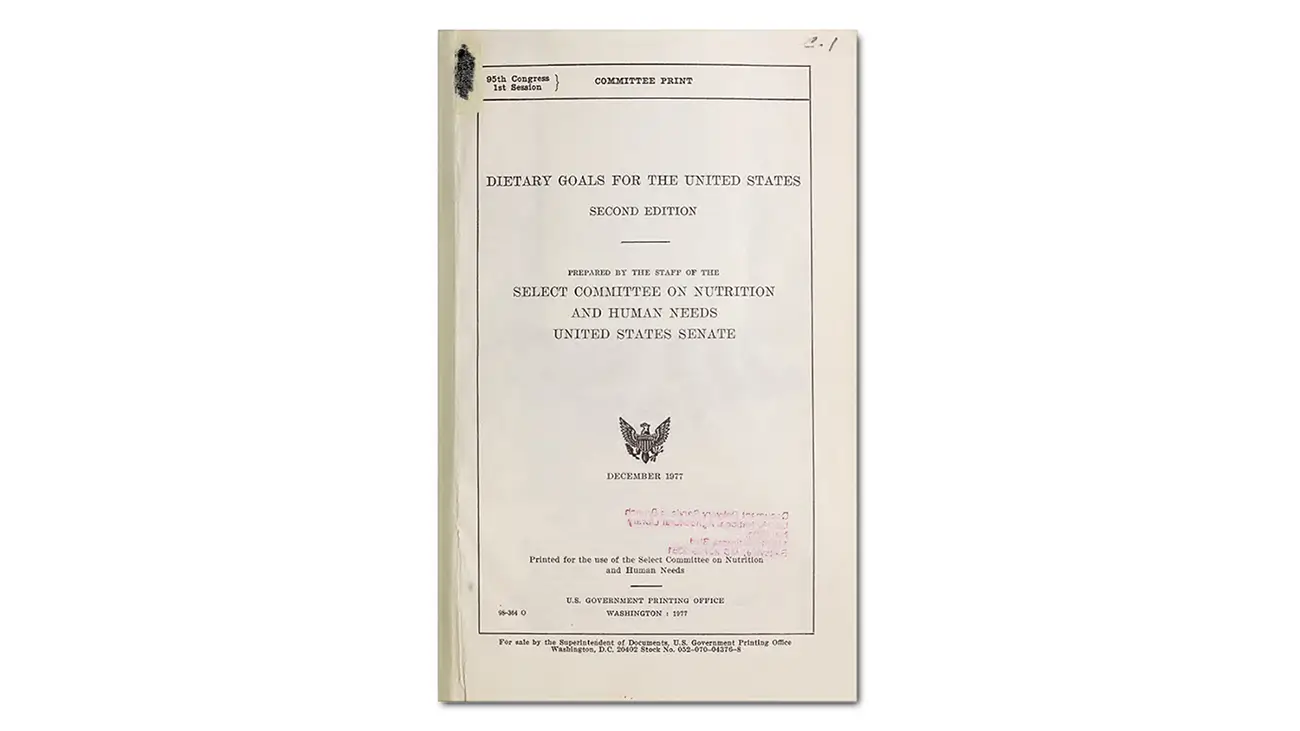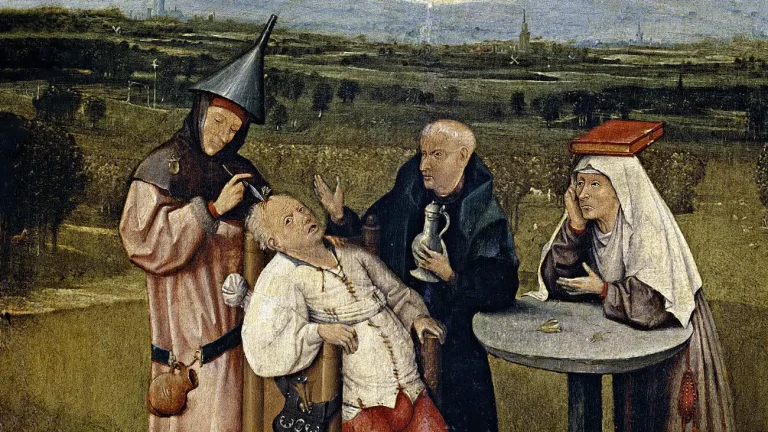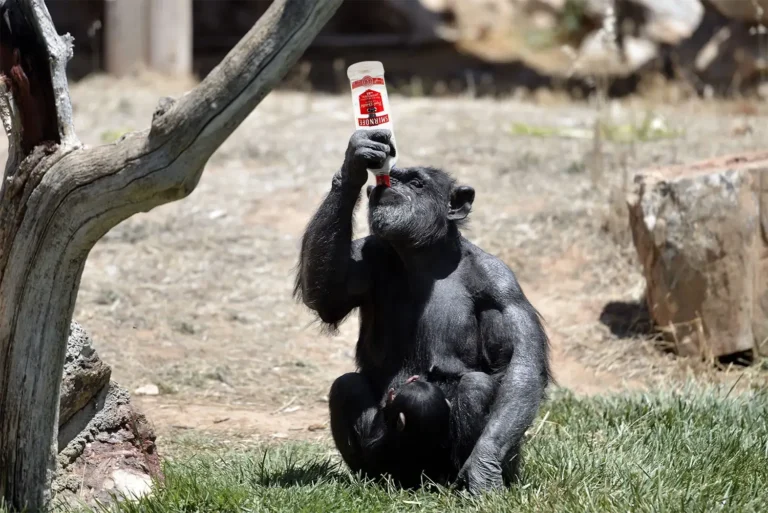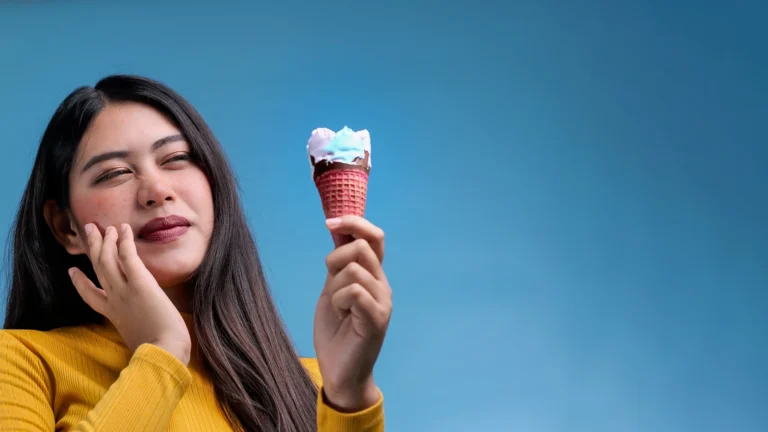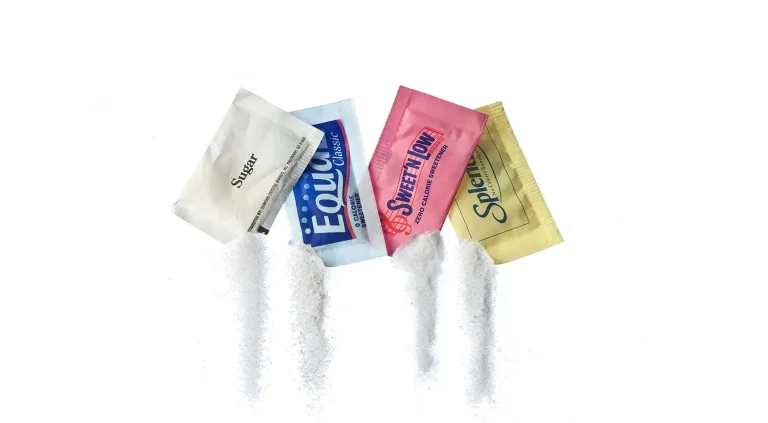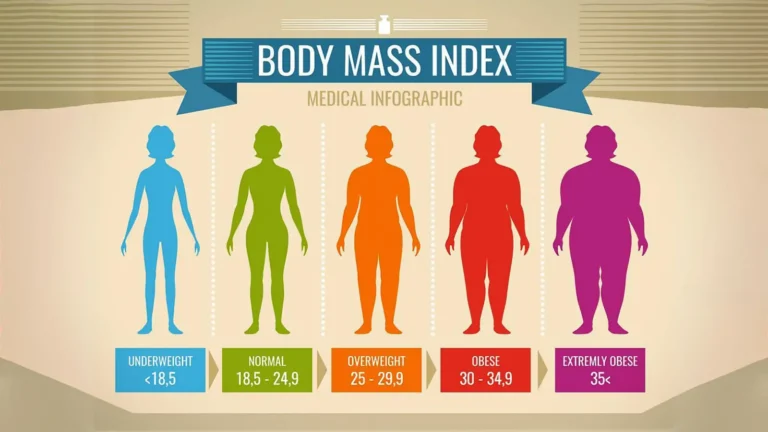Directives Diététiques de l'OMS - Nouvelle Pyramide Alimentaire et Suppression de la Science
Les directives diététiques de l'OMS recommandent une alimentation pauvre en graisses saturées (protéines animales), en sucre et en sel et riche en fruits et légumes pour lutter contre l'augmentation épidémique des maladies chroniques dans le monde.
Milos Pokimica
Écrit par : Milos Pokimica
Examiné Médicalement Par : Dr. Xiùying Wáng, M.D.
Mise à jour 13 septembre 2023Vous pouvez tout lire sur la science de la nutrition ici sur mon blog maintenant, mais les gens ne se rendent pas compte qu'il y a quelques décennies à peine, c'était une hérésie de parler même de la pandémie d'obésité et à quel point les aliments transformés sont mauvais. Et c'est un problème mondial maintenant.
Un régime occidental avec du sucre, de la farine blanche, des produits animaux, des graisses, etc. avait remplacé les haricots, les graines, les noix et les grains entiers. La promotion d'aliments sains comme les haricots ne va pas bien avec les grandes entreprises.
Il ne s'agit plus seulement des géants du tabac, mais aussi des géants des sodas, des hamburgers, etc. Toutes ces industries se protègent en utilisant les mêmes tactiques. Parmi celles-ci, on peut citer le lobbying, les poursuites judiciaires, la recherche financée par l'industrie et le marketing.
En 2003, l'Organisation mondiale de la santé a publié un projet de rapport décrivant la stratégie mondiale et les nouvelles directives diététiques de l'OMS pour résoudre les problèmes de régime alimentaire préconisant des choses que l'industrie n'aimait pas, comme la réduction de la consommation de sucre et de graisses.
En quelques jours, le industrie alimentaire a obtenu le soutien des hauts fonctionnaires du gouvernement américain et a mené une campagne contre le projet et l'OMS elle-même, aboutissant à la menace du Congrès de retirer la fondation américaine de l'OMS.
La même chose s'est produite auparavant lorsque les États-Unis ont défendu l'industrie du tabac. Cependant, la menace de l'industrie sucrière était considérée par les initiés de l'OMS comme encore pire que toute autre pression antérieure qu'ils aient jamais subie. Comme vilipendé dans une note interne (Canon, 2004) Le gouvernement américain avait une liste de demandes telles que la suppression de toutes les références au rapport de consultation d'experts de l'OMS/FHO, la suppression de toutes les références au sucre, aux graisses, au sel et aux huiles, la suppression ou la modification de toutes les références sur la question du marketing et de la publicité pour enfants.
Les pressions politiques n'ont pas réussi à faire retirer le rapport par l'OMS, mais ont contraint celle-ci à “ édulcorer “ bon nombre de ses recommandations. L'article intitulé “ Régime alimentaire, nutrition et prévention des maladies chroniques ” a été officiellement publié et concluait que une alimentation pauvre en graisses saturées, en sucre et en sel et riche en fruits et légumes était nécessaire pour lutter contre la montée épidémique des maladies chroniques dans le monde.
« Les grands paramètres d'un dialogue avec les industries alimentaires sont moins de graisses saturées ; plus de fruits et légumes; un étiquetage efficace des aliments; et des incitations à la commercialisation et à la production de produits plus sains. En travaillant avec des partenaires publicitaires, médiatiques et de divertissement, il est nécessaire de souligner l'importance de messages clairs et sans ambiguïté pour les enfants et les jeunes. La « littératie en matière de santé et de nutrition » mondiale nécessite une grande augmentation de l'attention et des ressources. »
Maintenant, même l'OMS, une institution mondialiste des Nations Unies créée par un intérêt particulier, préconise d'ajouter davantage de régime végétalien au mode de vie occidental moyen. Cependant, il n'y avait plus de référence au rapport scientifique complet, plus son appel à traduire les recommandations dans les lignes directrices nationales sur l'alimentation, dans le soi-disant pyramide alimentaire. À partir de 2003, la même chose s'est répétée maintes et maintes fois. Les États-Unis bloquent le consensus sur l'action contre les maladies non transmissibles.
Repost en soi notait nouveau ou de cette manière ne préconisait pas de noter ce qui n'était pas connu au cours des 50 dernières années. C'était dans la même ligne que le rapport McGovern de 1977 (Le Rapport McGovern - Intérêt Spécial et Suppression de la Science). La seule différence est que 30 ans plus tard, il n'y a toujours pas de différence et que la science est toujours poussée vers le bas par l'intérêt privé. Cette fois, le rapport a été publié par l'OMS elle-même. Quand quelqu'un veut discuter avec moi et généralement ce ne sont que des gens qui veulent justifier eux-mêmes leurs mauvaises habitudes, je leur demande de lire ceci et le rapport McGovern parce que ce sont des documents publics et qu'ils ont une certaine forme d'autorité. Ils ne peuvent pas être simplement "démystifiés". En fait, lorsque les gens les lisent, ils comprennent qu'ils ont été manipulés, mais dans la plupart des cas, cela n'a toujours pas d'importance pour eux et c'est normal. Vous avez le droit de fumer, de boire ou de consommer de la drogue, mais le problème se pose lorsque l'ordre du jour est présenté comme la vérité. Et puis ça devient de la manipulation à part entière.
Et la vérité est que le cancer est une maladie liée au mode de vie et que les gènes ne causent pas plus de quelques pour cent des cas. Les maladies cardiaques et les accidents vasculaires cérébraux sont des maladies liées au mode de vie, au même titre que le diabète de type 2. Je dirais que même le type 1 est une maladie liée au mode de vie pour des raisons que j'aborderais dans un article séparé. La science est là et y est depuis longtemps. La raison de l'existence de ce site Web et de mes livres est précisément à cause de cet agenda. Et ils l'ont dit :
« Les maladies chroniques sont en grande partie des maladies évitables. Bien que des recherches plus fondamentales puissent être nécessaires sur certains aspects des mécanismes qui lient l'alimentation à la santé, les preuves scientifiques actuellement disponibles fournissent une base suffisamment solide et plausible pour justifier d'agir maintenant.
La première chose à l'esprit est que les changements de style de vie contribuent à la santé globale. La science est faite là-dessus. L'usage du tabac et la consommation d'alcool, les drogues récréatives, le manque d'activité physique sont ce que les gens pensent quand quelqu'un parle de style de vie. Tout va bien, mais lorsque les scientifiques qui s'occupent de nutrition parlent de mode de vie et lorsque je parle de mode de vie, nous entendons en fait le régime alimentaire. Le régime alimentaire est le numéro un sur tous les autres changements de mode de vie.
Par exemple, lorsque vous suivez un régime riche en protéines, votre taux d'IGF-1 augmente et vous avez alors un risque accru de développer un cancer. Igf-1 n'est pas une hormone de croissance, Ce n'est pas un facteur de croissance analogue à l'insuline. Lorsque le cerveau détecte que tous les acides aminés essentiels sont présents dans le sang, il libère de l'IGF-1, qui se lie alors au récepteur cellulaire et ordonne à la cellule de se diviser. Si la cellule n'est pas endommagée, elle ne fera rien, mais elle annulera la volonté de la cellule. Pour mettre cela en perspective, la corrélation entre tout type de cancer et un taux d'IGF-1 chroniquement élevé causé par une alimentation riche en protéines animales de haute qualité est plus forte que la corrélation entre le tabagisme et le cancer du poumon. Imaginez maintenant tous les mouvements sociaux, la sensibilisation au tabagisme et la stigmatisation qui existent aujourd'hui, puis multipliez cette stigmatisation par les protéines animales. Ce serait une approche normale, ou disons scientifique, et il existe beaucoup plus de corrélations entre le régime alimentaire occidental dominé par les aliments transformés et les protéines animales que la corrélation avec “ simplement ” le cancer.
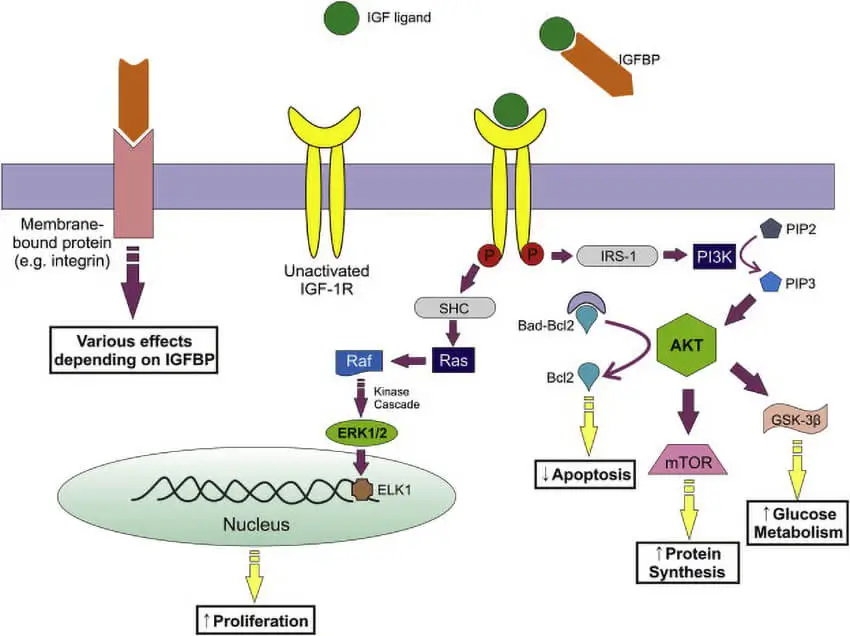
Examinons maintenant ce rapport plus en détail et gardons à l'esprit qu'il s'agit d'un rapport « édulcoré ».
« En définissant des moyens de réduire le fardeau des maladies chroniques telles que l'obésité, le diabète de type 2, les maladies cardiovasculaires (y compris l'hypertension et les accidents vasculaires cérébraux), le cancer, les maladies dentaires et l'ostéoporose, ce rapport propose que la nutrition soit placée au premier plan de la santé publique. politiques et programmes ».
Comprenez-vous cette citation maintenant ? Ils nous disent que la nutrition devrait être placée au premier plan des politiques de santé publique et non l'exercice ou d'autres changements de mode de vie. Cela ne signifie pas qu'ils ne sont pas importants, cela signifie simplement que la nutrition est le facteur le plus important.
"Au cours de la dernière décennie, l'expansion rapide dans un certain nombre de domaines scientifiques pertinents et, en particulier, dans la quantité de preuves épidémiologiques basées sur la population, a contribué à clarifier le rôle de l'alimentation dans la prévention et le contrôle de la morbidité et de la mortalité prématurée résultant de maladies non transmissibles ( MNT). Certains des composants alimentaires spécifiques qui augmentent la probabilité d'apparition de ces maladies chez les individus, et les interventions visant à modifier leur impact, ont également été identifiés.
Maintenant, ce n'est pas tout à fait vrai, mais c'est politiquement correct. Ce n'est pas qu'au cours de la dernière décennie, la science ait corrélé et sous-estimé le rôle de l'alimentation dans la création de maladies chroniques. La plupart des données scientifiques étaient connues avant même la publication du rapport McGovern en 1977. En fait, la plupart des facteurs de risque liés à la science remontent aux années 50 et 60.
« Les changements rapides dans les régimes alimentaires et les modes de vie qui se sont produits avec l'industrialisation, l'urbanisation, le développement économique et la mondialisation des marchés se sont accélérés au cours de la dernière décennie. Cela a un impact significatif sur la santé et l'état nutritionnel des populations, en particulier dans les pays en développement et dans les pays en transition. Alors que les niveaux de vie se sont améliorés, que la disponibilité alimentaire s'est élargie et diversifiée et que l'accès aux services s'est accru, il y a également eu des conséquences négatives importantes en termes de régimes alimentaires inappropriés, de diminution des activités physiques et d'augmentation de la consommation de tabac, et une augmentation correspondante de la consommation de tabac. maladies chroniques liées à l'alimentation, en particulier chez les pauvres.
Les changements dans l'économie alimentaire mondiale se reflètent dans l'évolution des habitudes alimentaires, par exemple, une consommation accrue de régimes énergétiques riches en graisses, en particulier en graisses saturées, et pauvres en glucides non raffinés.
En raison de ces changements dans les habitudes alimentaires et les modes de vie, les MNT chroniques — notamment l'obésité, le diabète sucré, les maladies cardiovasculaires (MCV), l'hypertension et les accidents vasculaires cérébraux, ainsi que certains types de cancer — deviennent des causes de plus en plus importantes d'invalidité et de décès prématuré dans les pays en développement et les pays nouvellement développés, ce qui alourdit encore davantage le fardeau qui pèse sur les budgets nationaux de santé déjà surchargés. ”
Si vous lisez un article corrélé à l'étude sur la Chine (Étude sur la Chine - L'argument végétalien), vous en serez déjà conscient. Voici ce qu'ils disent. La majeure partie de la civilisation humaine dans toute l'histoire de l'humanité après la révolution néolithique a prospéré grâce à un régime exclusivement végétalien. Et pas seulement ça, c'était un régime végétalien dominé par l'amidon. Il peut s'agir de blé en Europe ou de maïs en Méso-Amérique, ou de riz en Asie, cela n'a pas d'importance. Il n'y avait pas une seule société au monde qui avait assez de viande ou de produits animaux pour nourrir les gens ou les paysans, à l'exception du roi et de l'aristocratie.
Il y a seulement cent ans, même les pays occidentaux développés prospéraient grâce à un régime végétalien. La viande était consommée à Noël et à Thanksgiving. Ce n'est qu'après la découverte des engrais synthétiques que l'industrie a pu produire un excédent de nourriture pour les animaux. Il faut sept calories d'amidon pour produire une calorie de viande. Si vous ne croyez pas cela, rappelez-vous simplement ce qu'une année de mauvaise récolte a fait à l'Irlande. La nation entière vivait de pommes de terre. Lorsque les pommes de terre ont fait défaut, un nombre incalculable de personnes sont mortes de faim. Le nombre total de morts s'élevait à environ un million de personnes et plus d'un million ont fui le pays, entraînant une baisse de 20 à 25 % de la population du pays.

« Les changements alimentaires qui caractérisent la ''transition nutritionnelle'' comprennent des changements à la fois quantitatifs et qualitatifs dans l'alimentation. Les changements alimentaires indésirables comprennent des changements dans la structure du régime alimentaire vers un régime à plus haute densité énergétique avec un rôle plus important pour les graisses et les sucres ajoutés dans les aliments, un apport accru en graisses saturées (principalement d'origine animale), une réduction des apports en glucides complexes et en fibres alimentaires, et une consommation réduite de fruits et légumes. Ces changements alimentaires sont aggravés par des changements de mode de vie qui reflètent une activité physique réduite au travail et pendant les loisirs.
“ Il existe une forte corrélation positive entre le niveau de revenu et la consommation de protéines animales, la consommation de viande, de lait et d'œufs augmentant au détriment des aliments de base. En raison de la forte baisse récente des prix, les pays en développement s'engagent dans une consommation de viande plus élevée à des niveaux de produit intérieur brut bien inférieurs à ceux des pays industrialisés il y a 20 à 30 ans. Entre 1964-1966 et 1997-1999, la consommation de viande par habitant dans les pays en développement a augmenté de 150% et celle de lait et de produits laitiers de 60%. D'ici 2030, la consommation par habitant de produits d'origine animale pourrait encore augmenter de 44%. La consommation de volaille devrait connaître la croissance la plus rapide. ”
Ce qu'ils disent dans ce rapport, c'est que lorsque les pays en développement commencent à s'industrialiser et que le niveau de vie augmente, les gens commencent à avoir plus d'argent à dépenser pour se nourrir. Ils utilisent simplement la terminologie politiquement correcte de « transition nutritionnelle ». Mais ce n'est qu'une manière fantaisiste de dire que les scientifiques avaient l'habitude de dire que lorsque vous êtes sorti de la pauvreté, la première chose que vous faites n'est pas d'acheter une maison ou une voiture, mais d'acheter de la viande et des aliments transformés. Ou en d'autres termes, ils ont de l'argent pour manger de la viande et d'autres déchets transformés au lieu du riz. Et puis arrive la montée des maladies de l'opulence. Il n'y a pas eu de crise cardiaque, de cancer ou de diabète dans les régimes végétaliens non développés à base d'amidon dans les populations rurales de Chine. Maintenant, il y a.
"Il a été prévu que, d'ici 2020, les maladies chroniques représenteront près des trois quarts de tous les décès dans le monde, et que 71 % des décès dus à une cardiopathie ischémique (CI), 75 % des décès dus à un accident vasculaire cérébral et 70 % des décès dus au diabète surviendront dans les pays en développement. Le nombre de personnes atteintes de diabète dans les pays en développement sera multiplié par plus de 2,5, passant de 84 millions en 1995 à 228 millions en 2025. À l'échelle mondiale, 60 % du fardeau des maladies chroniques se produiront dans les pays en développement.
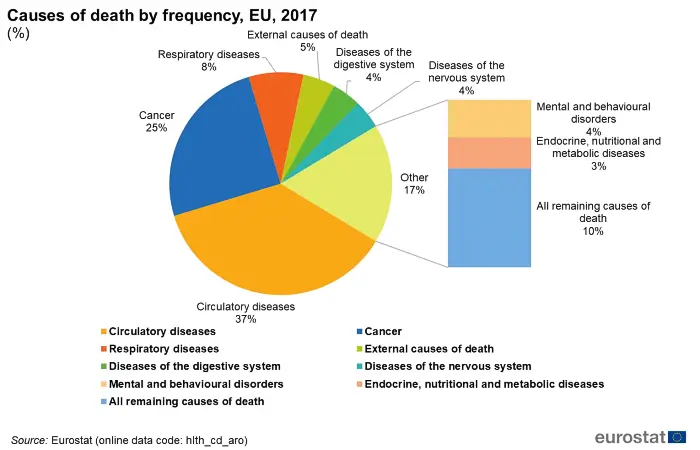
« La nutrition est en train de devenir un déterminant modifiable majeur des maladies chroniques, les preuves scientifiques soutenant de plus en plus l'idée que les modifications de l'alimentation ont des effets importants, à la fois positifs et négatifs, sur la santé tout au long de la vie. Plus important encore, les ajustements alimentaires peuvent non seulement influencer la santé actuelle, mais aussi déterminer si un individu développera ou non des maladies telles que le cancer, les maladies cardiovasculaires et le diabète beaucoup plus tard dans la vie. Cependant, ces concepts n'ont pas conduit à un changement dans les politiques ou dans la pratique. Dans de nombreux pays en développement, les politiques alimentaires restent axées uniquement sur la dénutrition et ne traitent pas de la prévention des maladies chroniques.
Ce rapport préconise une réorientation du cadre conceptuel pour l'élaboration de stratégies d'action, en plaçant la nutrition – au même titre que les autres principaux facteurs de risque de maladies chroniques, à savoir le tabagisme et la consommation d'alcool – au premier plan des politiques et programmes de santé publique.”
Et c'est à cause de l'industrie. C'est pourquoi de tels rapports ne sont jamais évoqués dans les médias. Ils voulaient introduire une nouvelle pyramide alimentaire plus végétale et ils ont échoué. Identique au rapport McGovern et identique à tout autre rapport. Ils n'ont pas recommandé un régime végétalien mais juste plus d'aliments entiers à base de plantes et ils ne voulaient même pas mentionner les protéines animales comme le principal méchant par exemple. Ils l'édulcorent pour parler de graisses saturées et de protéines animales. Mais où trouve-t-on les graisses saturées ? Principalement dans les produits d'origine animale. Lorsque nous, en tant que nutritionnistes, parlons de graisses saturées, nous savons très bien que vous, en tant qu'individu ordinaire, devrez réduire votre consommation de protéines animales si vous souhaitez réduire votre consommation de graisses saturées. Éviter le saindoux et le beurre n'est que la première étape, mais à l'échelle de la population, le saindoux et le beurre sont utilisés sporadiquement.
« L'alimentation est connue depuis de nombreuses années pour jouer un rôle clé en tant que facteur de risque des maladies chroniques. Ce qui ressort au niveau mondial, c'est que de grands changements ont balayé le monde entier depuis la seconde moitié du XXe siècle, induisant des modifications majeures de l'alimentation, d'abord dans les régions industrielles et plus récemment dans les pays en développement. Les régimes alimentaires traditionnels, en grande partie à base de plantes, ont été rapidement remplacés par des régimes riches en graisses et à forte densité énergétique avec une teneur substantielle en aliments d'origine animale.
Alors on y va. Ce n'est pas moi qui le dis mais QUI. La prochaine fois que quelqu'un vous parlera comme si vous étiez dans une secte religieuse parce que vous ne mangez pas de viande et que nous, en tant qu'espèce, sommes omnivores et que la science a prouvé que nous devons manger de la viande et que vos dents vont tomber si vous ne mangez pas Je ne bois pas de lait comme ma mère me le disait, il suffit de télécharger et de leur envoyer ce rapport.
“ En Carélie du Nord, les taux de mortalité ajustés selon l'âge liés aux maladies coronariennes ont considérablement diminué entre le début des années 1970 et 1995 (16). L'analyse des trois principaux facteurs de risque (tabagisme, hypertension artérielle, taux élevé de cholestérol plasmatique) indique que l'alimentation, en réduisant le taux de cholestérol plasmatique et la pression artérielle, a joué un rôle prépondérant dans cette baisse substantielle des maladies cardiovasculaires. La contribution des médicaments et des traitements (antilipidiques et antihypertenseurs, chirurgie) a été très faible. Cette baisse est plutôt le fruit d'une action communautaire et de la pression exercée par la demande des consommateurs sur le marché alimentaire. ”
Alors on y va. C'est en Finlande en Carélie du Nord, pas en Corée du Nord. Ils sont devenus plus végétaliens. La prochaine fois que les confusions sur le cholestérol commenceront à parler du fait que les maladies cardiaques n'ont rien à voir avec le cholestérol et que nous avons besoin de cholestérol pour fabriquer chaque cellule de notre corps, envoyez-leur simplement ce rapport. Les maladies cardiaques sont causées par le cholestérol et où trouve-t-on le cholestérol ? Uniquement dans les produits d'origine animale. En tant qu'espèce, nous produisons du cholestérol dans nos foies, ce n'est pas un nutriment essentiel pour nous. Ce n'est pas du tout un nutriment. Pour les carnivores, c'est parce qu'ils en mangent à chaque bouchée qu'ils ne produisent pas les leurs. Pour nous qui n'avons jamais mangé de cholestérol alimentaire au cours des 50 derniers millions d'années de notre évolution, en manger n'est pas naturel. Nos corps essaieront d'éliminer le cholestérol exec, mais parce qu'il est fait de lipides et de graisses et d'eau ne se mélangent pas, notre corps ne serait pas en mesure de l'évacuer avec les reins. La seule façon pour notre corps d'éliminer l'excès de cholestérol est de le rejeter dans les intestins, processus en médecine connu sous le nom d'excrétion transintestinale du cholestérol (TICE), avec la conscience sous-jacente qu'il y aurait des fibres pour se lier à lui. Parce que la plupart des gens à l'échelle de la population mangent des aliments transformés et ont un apport en fibres très faible, ils seraient simplement réabsorbés. A la fin, ça collerait à la paroi des artères. La seule façon pour notre corps d'éliminer l'excès de cholestérol est de le rejeter dans les intestins, processus en médecine connu sous le nom d'excrétion transintestinale du cholestérol (TICE), avec la conscience sous-jacente qu'il y aurait des fibres pour se lier à lui. Parce que la plupart des gens à l'échelle de la population mangent des aliments transformés et ont un apport en fibres très faible, ils seraient simplement réabsorbés. A la fin, ça collerait à la paroi des artères. La seule façon pour notre corps d'éliminer l'excès de cholestérol est de le rejeter dans les intestins, processus en médecine connu sous le nom d'excrétion transintestinale du cholestérol (TICE), avec la conscience sous-jacente qu'il y aurait des fibres pour se lier à lui. Parce que la plupart des gens à l'échelle de la population mangent des aliments transformés et ont un apport en fibres très faible, ils seraient simplement réabsorbés. A la fin, ça collerait à la paroi des artères.
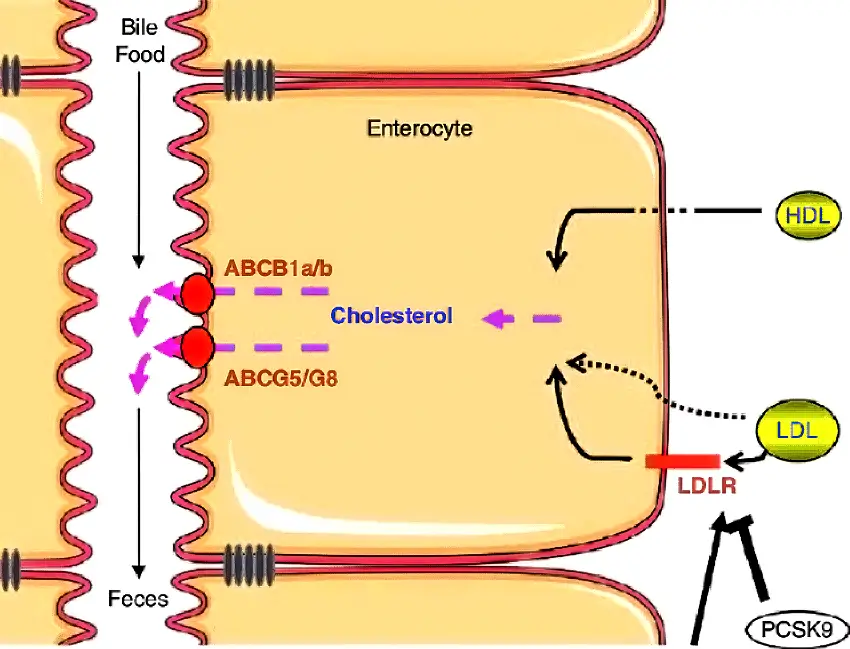
"Les objectifs visent à inverser ou à réduire l'impact des changements alimentaires défavorables qui se sont produits au cours du siècle dernier dans le monde industrialisé et plus récemment dans de nombreux pays en développement. Les objectifs actuels d'apport en nutriments doivent également tenir compte des effets des changements environnementaux à long terme, c'est-à-dire ceux qui se sont produits sur des échelles de temps de plusieurs centaines d'années. Par exemple, la réponse métabolique à la famine périodique et à la pénurie alimentaire chronique peut ne plus représenter un avantage sélectif, mais peut plutôt augmenter la susceptibilité aux maladies chroniques. Un approvisionnement alimentaire abondant et stable est un phénomène récent; ce n'était pas un facteur jusqu'à l'avènement de la révolution industrielle (ou du processus équivalent dans les pays industrialisés plus récemment).
Pour comprendre cette citation, je vous recommanderai de lire un article sur l'autophagie (restriction calorique, autophagie, longévité et perte musculaire). Pour chaque animal, la faim est l'état normal de l'existence. La mort à la limite de la famine serait plus précise. Dès qu'il y aurait plus de nourriture à distribuer, plus d'animaux survivraient jusqu'à ce qu'une nouvelle ligne de famine limite soit atteinte, mais cette fois avec une population accrue. Nos corps se sont adaptés à cela, alors que se passe-t-il quand il n'y a plus de famine ? L'un des effets est une augmentation des taux de cancer due au manque d'autophagie. On pense que l'absence d'autophagie est l'une des principales raisons de l'accumulation de cellules endommagées, ce qui peut entraîner de graves complications pour la santé. Le moyen le plus rapide d'arrêter l'autophagie est de manger de grandes quantités de protéines complètes.
“ Le secteur de l'élevage subit une pression croissante pour répondre à la demande grandissante en protéines animales de haute valeur. Le secteur mondial de l'élevage connaît une croissance sans précédent, alimentée par la combinaison de plusieurs facteurs : croissance démographique, augmentation des revenus et urbanisation. La production annuelle de viande devrait passer de 218 millions de tonnes en 1997-1999 à 376 millions de tonnes d'ici 2030.
Il existe une forte corrélation positive entre le niveau de revenu et la consommation de protéines animales, la consommation de viande, de lait et d'œufs augmentant au détriment des aliments de base. En raison de la forte baisse récente des prix, les pays en développement s'engagent dans une consommation de viande plus élevée à des niveaux de produit intérieur brut bien inférieurs à ceux des pays industrialisés il y a 20 ou 30 ans.”
Ceci est très important pour que les gens réalisent. Les effets environnementaux sont là, mais une dernière chose. Nous faisons tous partie de la nature et même si nous nous soucions ou non de la nature, cela est certain. La nature ne se soucie pas de nous.
Lorsque nous brûlons des forêts pour planter des cultures ou simplement utiliser des terres, en général, il faut 7 à 10 récoltes pour épuiser le sol en nutriments ou en d'autres termes en minéraux. C'est la raison pour laquelle avant l'invention des engrais artificiels, la population était inférieure à ce qu'elle est aujourd'hui. L'expansion démographique n'a rien à voir avec la révolution industrielle. Tout cela est dû aux engrais synthétiques. Au fur et à mesure que la population augmente, ou de cette manière n'a même pas besoin d'augmenter, mais tout comme le niveau de vie augmente, les gens veulent plus de viande et pour produire de la viande, plus de terres sont nécessaires pour cultiver de la nourriture pour les animaux.
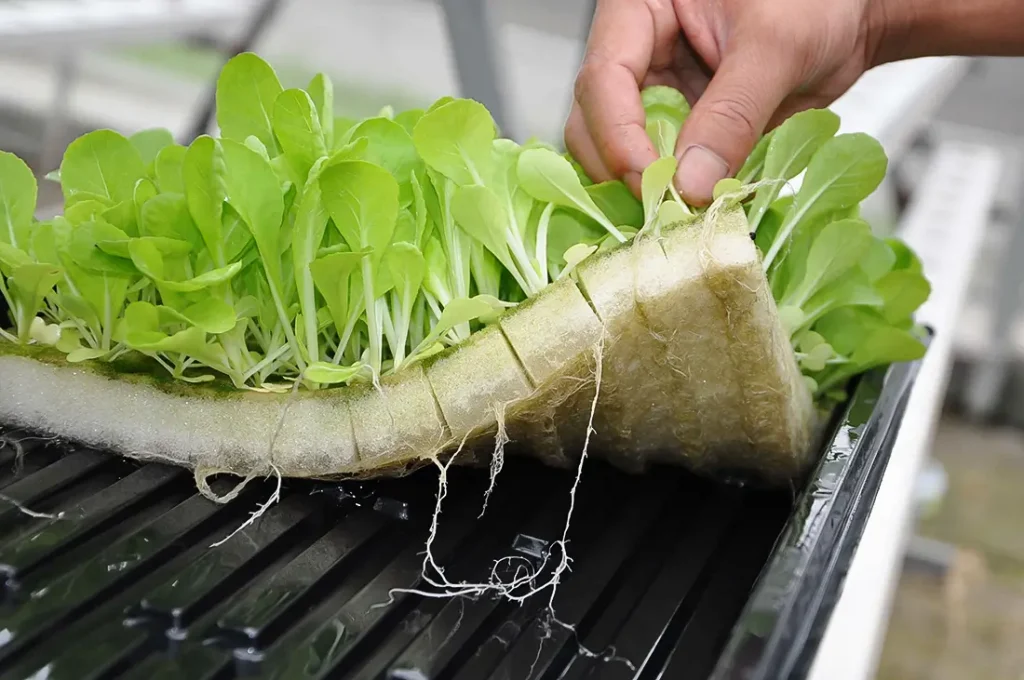
Nous avons la capacité de produire de la nourriture et c'est un grand débat, mais avec l'utilisation d'engrais synthétiques uniquement.
Nous pouvons avoir une agriculture verticale ou utiliser des terres régulières qui ne sont pas utilisées aujourd'hui, mais uniquement avec l'utilisation d'engrais synthétiques. Il n'existe aucun moyen scientifique aujourd'hui de produire de la nourriture pour 7 milliards de personnes et pour tous les animaux par l'agriculture biologique. Cela ne peut pas être fait. Et parce qu'il faut recourir à la guerre chimique et que ces produits chimiques sont connus comme des polluants organiques persistants car ils ne se dégradent pas dans le temps et sont thermiquement stables et pire encore ils sont lipophiles. Cela signifie que ces produits chimiques se dissolvent dans les graisses des animaux et déclenchent le processus connu sous le nom de bioamplification dans la chaîne alimentaire.
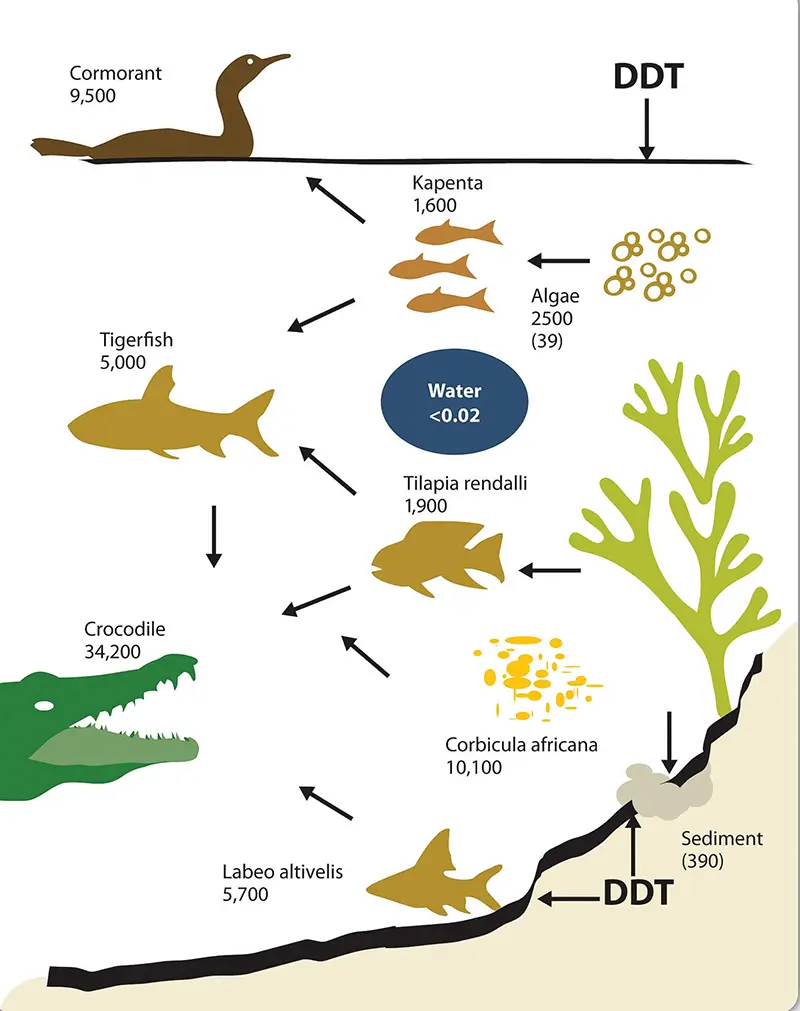
Au fur et à mesure que nous remontons la chaîne alimentaire, la toxicité n'augmente pas de cent mais de milliers de pour cent. Et ces produits chimiques ne font que tourner en rond jusqu'à ce que la concentration soit atteinte, ce qui entraînera une toxicité totale et une dégradation de l'environnement. Si vous ne le croyez pas, vous pouvez lire Silent Spring publié en 1962. Plus d'informations sur la toxicité environnementale dans un article connexe (Toxicité environnementale - C'est juste une chaîne alimentaire).
Le simple fait qu'un quart de la population meure du cancer et que le nombre de spermatozoïdes ait chuté de plus de 70 % depuis les années 60 et qu'aujourd'hui un couple sur cinq ne puisse pas avoir d'enfants démontre la gravité du problème. La situation ne fera que s'aggraver à mesure que de plus en plus de pays s'industrialiseront. Une autre chose est que lorsque nous cultivons des aliments synthétiquement, les plantes ne se soucient pas plus que des minéraux pour pousser, mais qu'en est-il des animaux ? Nous en avons besoin de 100.
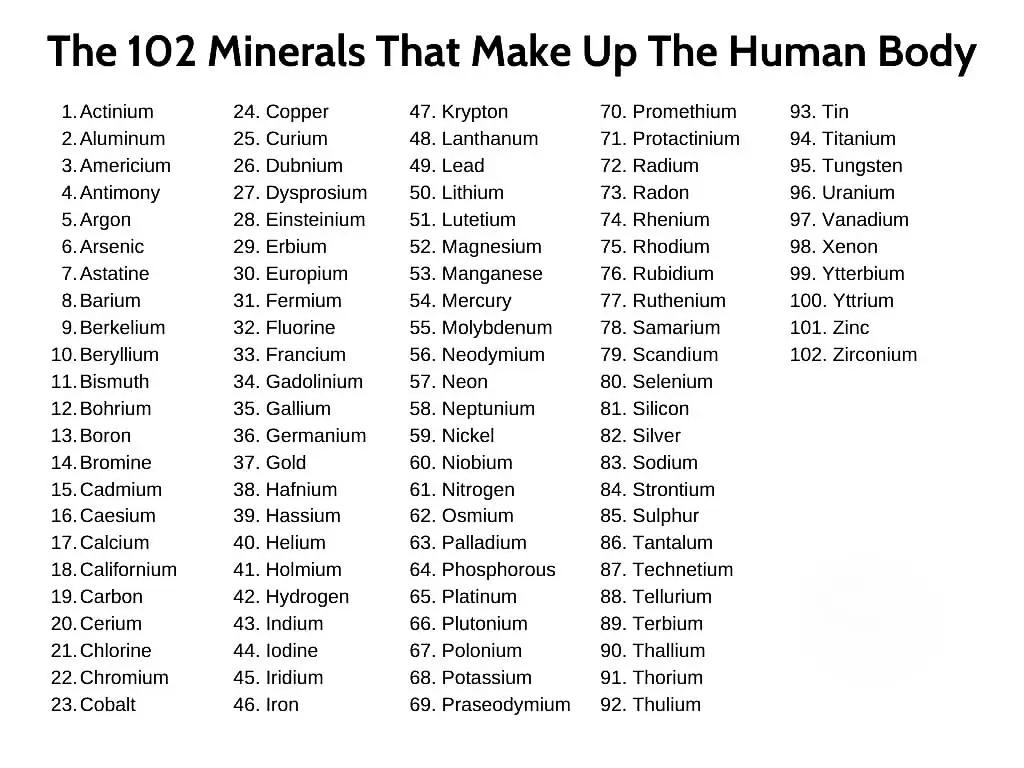
Ils doivent être monoatomiques à l'échelle pour pouvoir s'intégrer dans nos cellules et les suppléments minéraux ne sont pas efficaces car ces minéraux sont trop gros et sont fabriqués par des réactions chimiques. Seules les plantes peuvent fabriquer des minéraux biodisponibles, mais les terres commerciales sont complètement épuisées. La carence en nutriments va juste s'aggraver. En plus de cela, les gens mangent des aliments transformés raffinés qui ne contiennent aucun minéral simplement à cause de la transformation.
Outre les carences nutritionnelles flagrantes qui ne peuvent être évitées, quelles sont les recommandations en termes de besoins macrocaloriques du rapport ? Nous devons garder à l'esprit que ce rapport n'utilise toujours pas la science disponible à grande échelle et ne promeut pas un régime alimentaire complet à base de plantes comme base, mais préconise uniquement de réduire la consommation de graisses saturées. C'était la science avant et parfois après la Seconde Guerre mondiale. Pendant la Seconde Guerre mondiale, certains endroits ont dû passer à un régime végétalien à base d'amidon en raison de la pauvreté et de la guerre. Ils ont fait l'objet de recherches dans les années 50 pour déterminer pourquoi ces endroits avaient des fréquences cardiaques et des taux de cancer faibles. Par exemple, l'île de Create était l'une d'entre elles qui a créé un mythe sur le régime méditerranéen.
Le régime méditerranéen n'a rien à voir avec l'huile d'olive ou le vin, mais était simplement le régime alimentaire à base d'amidon des pauvres en Crète (régime méditerranéen - “ merveille ” de l'huile d'olive). En réalité, les riches de l'île continuaient à mourir régulièrement de crises cardiaques, même pendant la guerre, car ils avaient suffisamment de viande à manger. Cette corrélation entre les graisses saturées et les maladies cardiaques était une corrélation partielle, pratique sur le plan politique, car manger de la viande revient à consommer des graisses saturées. La corrélation entre les produits d'origine animale et les maladies cardiaques est plus de deux fois supérieure à celle entre les graisses saturées et les maladies cardiaques. Mais cette vision politiquement correcte, qui ne modifie en rien les recommandations nutritionnelles, prévaut toujours. Dans leurs publications sur les graisses, ils recommandent de réduire la consommation de graisses saturées à moins de 10 % des calories totales. Gardez à l'esprit qu'un gramme de graisse contient 9 calories. C'est l'aliment le plus riche en énergie. Une cuillère à soupe d'huile contient 130 calories, ce qui représente déjà 5 à 7 % de l'apport calorique total. Une seule cuillère à soupe.
"Les recommandations pour les matières grasses totales sont formulées pour inclure les pays où l'apport habituel en matières grasses est généralement supérieur à 30 %, ainsi que ceux où l'apport habituel peut être très faible, par exemple inférieur à 15 %. Une énergie lipidique totale d'au moins 20 % est compatible avec une bonne santé. Les groupes très actifs ayant une alimentation riche en légumes, légumineuses, fruits et céréales complètes peuvent toutefois supporter un apport total en matières grasses allant jusqu'à 35 % sans risque de prise de poids malsaine.
Dans SAD (régime américain standard) la teneur en matières grasses représente environ 600 calories uniquement à partir des huiles ajoutées et si vous mangez des aliments frits, c'est beaucoup plus. Cela ne compte pas les calories provenant d'aliments entiers contenant de la graisse comme les noix, les graines, les œufs ou la viande.
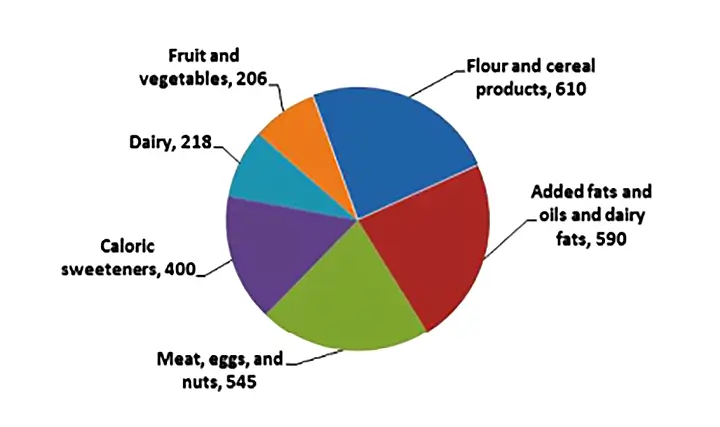
Qu'en est-il des recommandations de sucre ?
« Il est reconnu que des apports plus élevés en sucres libres menacent la qualité nutritionnelle des régimes alimentaires en fournissant une énergie importante sans nutriments spécifiques.
La Consultation a considéré que la restriction des sucres libres était également susceptible de contribuer à réduire le risque de prise de poids malsaine, notant que :
(1) Les sucres libres contribuent à la densité énergétique globale des régimes alimentaires. Les sucres libres favorisent un bilan énergétique positif. Des études aiguës et à court terme chez des volontaires humains ont démontré une augmentation de l'apport énergétique total lorsque la densité énergétique de l'alimentation est augmentée, que ce soit par les sucres libres ou les graisses. Il a été démontré que les régimes limités en sucres libres réduisent l'apport énergétique total et induisent une perte de poids.
(2) Les boissons riches en sucres libres augmentent l'apport énergétique global en réduisant le contrôle de l'appétit. Il y a donc moins de réduction compensatoire de l'apport alimentaire après la consommation de boissons riches en sucres que lorsque des compléments alimentaires à contenu énergétique équivalent sont apportés. Un récent essai randomisé a montré que la consommation de boissons gazeuses riches en sucres libres entraîne un apport énergétique plus élevé et une augmentation progressive du poids corporel par rapport aux boissons sans énergie qui sont édulcoré artificiellement. Les enfants ayant une forte consommation de boissons gazeuses riches en sucres libres sont plus susceptibles d'être en surpoids et de prendre du poids.
La Consultation a reconnu qu'un objectif de population pour des sucres libres inférieurs à 10 % de l'énergie totale est controversé.
Ce n'est pas controversé sur le plan scientifique mais sur le plan politique. Ce que cette recommandation signifierait, c'est que le gouvernement, et cela signifie que les écoles publiques qui enseignent la vie aux enfants, devraient physiquement interdire les boissons gazeuses dans les écoles, le chocolat et tous les autres bonbons et devraient promouvoir des politiques sans sucre. De plus, lorsque le gouvernement recommande quelque chose, il doit le mettre en œuvre partout, de l'armée à la maternelle. Plus de bonbons. Plus de sodas. Fini les jus de fruits. Plus de gâteaux.
D'un autre côté, les gens ignoreraient simplement ce type de recommandation, c'est donc un débat au sein de la science nutritionniste si vous défendez quelque chose que vous savez que personne ne suivrait et obtiendrait toute la colère de l'état profond sur votre dos ou si vous fixiez un objectif plus réaliste qui a une chance de réussir si vous calculez les effets de cet objectif plus réaliste qui est fondamentalement un mensonge mais qui aurait plus d'avantages à l'échelle de la population en termes de santé publique. Nous devons également garder à l'esprit les taux de diabète.
Alors, en tant que nutritionniste, dois-je vous dire toute la vérité et vous décidez ce que vous allez faire ou non ?
Qu'en est-il des recommandations sur l'obésité et le diabète ?
« L'association entre prise de poids excessive, adiposité centrale et développement du diabète de type 2 est convaincante. L'association a été démontrée à plusieurs reprises dans des études longitudinales dans différentes populations, avec un gradient de risque frappant apparent avec l'augmentation des niveaux d'IMC, de prise de poids chez l'adulte, de tour de taille ou de rapport taille-hanches. Dans des études épidémiologiques observationnelles, un apport élevé en graisses saturées a été associé à un risque plus élevé d'intolérance au glucose et à des taux de glucose et d'insuline à jeun plus élevés. Des proportions plus élevées d'acides gras saturés dans les lipides sériques ou les phospholipides musculaires ont été associées à une insuline à jeun plus élevée, une sensibilité à l'insuline plus faible et un risque plus élevé de diabète de type 2. Des acides gras insaturés plus élevés provenant de sources végétales et des acides gras polyinsaturés ont été associés à un risque réduit de diabète de type 2 et à des concentrations de glucose à jeun et sur 2 heures plus faibles. De plus, des proportions plus élevées d'acides gras polyinsaturés à longue chaîne dans les phospholipides du muscle squelettique ont été associées à une sensibilité accrue à l'insuline. Dans les études d'intervention sur l'homme, le remplacement des acides gras saturés par des acides gras insaturés conduit à une meilleure tolérance au glucose et à une sensibilité accrue à l'insuline.
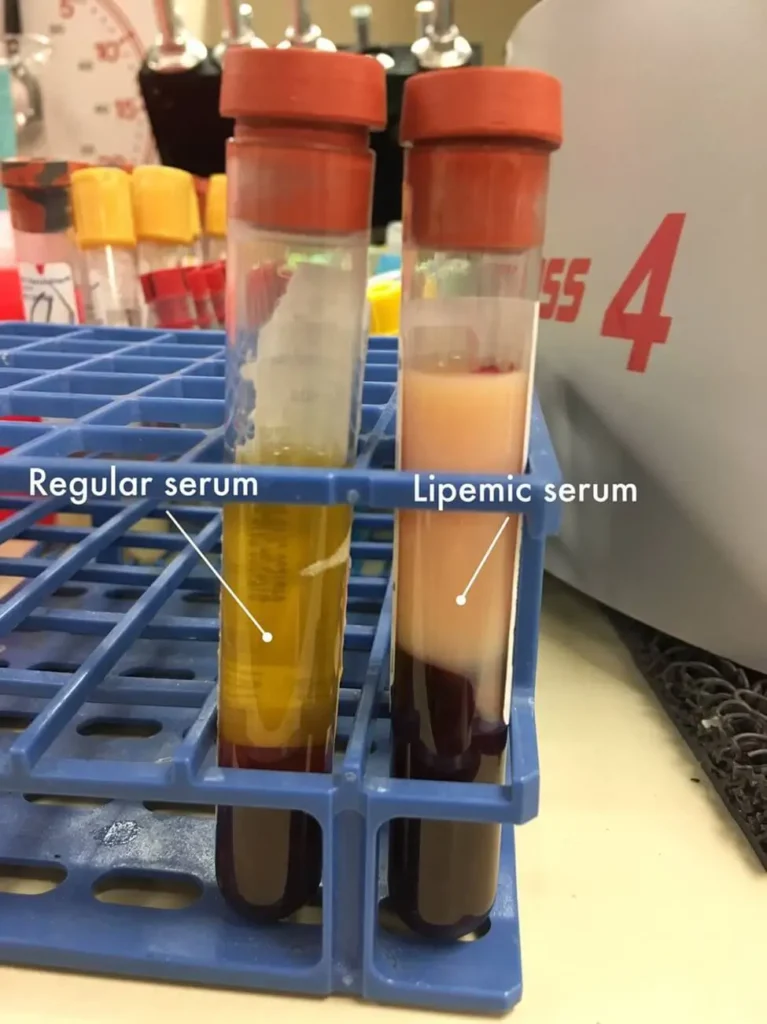
Les gens ne comprennent pas pourquoi l'obésité est en réalité corrélée au diabète. L'une des principales raisons est due à un processus connu sous le nom d'effet d'entraînement. Lorsque vous mangez de la viande riche en graisses saturées, c'est-à-dire de la chair animale, des œufs ou des produits laitiers, vous allez avoir du sérum lipémique après le repas. Toute la graisse du repas va entrer dans la circulation sanguine et jusqu'à ce qu'elle soit nettoyée, votre sang aura des niveaux élevés d'acides gras flottant autour. Le problème est qu'il n'y a pas de graisses saturées à ce niveau dans le règne végétal. Les graisses saturées se trouvent dans le règne animal. Il existe des noix de coco et certaines espèces végétales qui contiennent des graisses saturées en grande quantité, mais elles proviennent principalement de tissus animaux. Parce que nous n'avons pas été exposés à un niveau aussi élevé de graisses saturées au cours de nos 50 millions d'années d'évolution, nous ne sommes pas adaptés pour bien y faire face. Il crée une lipotoxicité. Les acides gras libres ou les acides gras libres ou simplement la graisse dans le sang entraînent naturellement une inflammation. Lorsque la graisse est décomposée, il existe des sous-produits toxiques et un stress oxydatif qui bloquent la voie des récepteurs de l'insuline et conduisent à une résistance à l'insuline dans le muscle. À mesure que le niveau de graisse dans le sang augmente, la capacité du corps à éliminer les gouttes de sucre. Les dérivés d'acides gras interfèrent avec la fonction des cellules bêta et conduisent finalement à leur mort par lipoapoptose. Chez les personnes obèses, les cellules graisseuses sont gonflées, ce qui signifie que nous en avons un nombre constant. Ils absorbent simplement plus de graisse et deviennent plus gros à mesure que nous prenons du poids. À un moment donné, les cellules graisseuses ne peuvent plus absorber de graisse et commencent à se répandre sur une partie de la graisse. Chez les personnes obèses, en raison de l'effet de débordement, le sérum est toujours lipémique, créant une inflammation chronique et une résistance chronique à l'insuline et, avec le temps, la lipotoxicité tue directement les cellules bêta productrices d'insuline dans le pancréas.
Les graisses saturées sont exactement ce qui cause le diabète avec les protéines animales.
Les régimes paléo riches en graisses et en protéines, les régimes céto de type Atkins ne conviennent pas aux prédiabétiques. Aucun des produits d'origine animale ne l'est. En savoir plus sur les causes du diabète ici (Causes du diabète et graisses saturées - L'argument végétalien).
"Un apport total élevé en matières grasses a également été associé à des concentrations d'insuline à jeun plus élevées et à un indice de sensibilité à l'insuline plus faible. Considérés dans leur ensemble, ces résultats sont censés indiquer un lien causal probable entre les acides gras saturés et le diabète de type 2, et une association causale possible entre l'apport total en graisses et le diabète de type 2. Les deux essais contrôlés randomisés qui ont montré un potentiel de modification du mode de vie pour réduire le risque de progression d'une intolérance au glucose vers le diabète de type 2 comprenaient des conseils pour réduire les graisses totales et saturées, mais dans les deux essais, il est impossible de démêler les effets de la manipulation alimentaire individuelle .”
Qu'en est-il des maladies cardiaques ?
"Les associations convaincantes pour réduire le risque de MCV comprennent la consommation de fruits (y compris les baies) et de légumes, de poisson et d'huiles de poisson (acide eicosapentaénoïque (EPA) et acide docosahexaénoïque (DHA)), les aliments riches en acide linoléique et en potassium, ainsi que l'activité physique. et une consommation d'alcool faible à modérée. Bien que l'apport en vitamine E ne semble pas avoir de relation avec le risque de MCV, il existe des preuves convaincantes que les acides myristique et palmitique, les acides gras trans, un apport élevé en sodium, le surpoids et une forte consommation d'alcool contribuent à une augmentation du risque. Un niveau de preuve « probable » démontre une diminution du risque pour l'acide a-linolénique, l'acide oléique, les NSP, les céréales complètes, les noix (non salées), le folate, les stérols et stanols végétaux, et aucune relation pour l'acide stéarique. Il y a une augmentation probable du risque lié au cholestérol alimentaire et au café bouilli non filtré.
L'inflammation chronique détruit les cellules épithéliales des vaisseaux sanguins, entraînant la destruction de l'ensemble du système cardiovasculaire du corps, des veines verruqueuses, etc. Le cholestérol crée une thrombose et un rétrécissement des artères. Les graisses saturées (acides myristique et palmitique) augmentent l'inflammation et créent une lipotoxicité. Antioxydants et autres phytochimiques diminution de l'inflammation chronique. Les barrières ont juste plus d'antioxydants, vous pouvez voir l'ensemble du tableau ORAC ici.
Ce rapport est complet, il compte 150 pages. Si vous avez le temps, je vous suggère de le télécharger et de le lire. J'ai essayé de le résumer brièvement ici. Il s'agit d'un rapport édulcoré avec certaines des découvertes scientifiques manquantes en raison du consensus sous-jacent qui existe dans la communauté scientifique. Mais c'est un pas dans la bonne direction dans la mesure où il est autorisé à l'être. La vraie science préconiserait un régime alimentaire complet à base de plantes, cultivé biologiquement et optimisé sur le plan nutritionnel, avec pas plus de cinq pour cent de produits d'origine animale et zéro, permettez-moi de le répéter, zéro calorie provenant d'aliments raffinés. Ce serait une politique qui rendrait obligatoire l'interdiction de la vente de boissons contenant de la caféine comme le Coca-Cola aux enfants et interdirait tous les aliments transformés des écoles et de toute autre institution contrôlée par l'État. Cela changerait complètement la pyramide alimentaire et les recommandations diététiques. Cela forcerait les tests obligatoires pour tous les travailleurs médicaux, en particulier les médecins, pour leurs connaissances en nutrition et imposerait la nutrition dans les écoles de médecine. Ce serait également un assaut à grande échelle contre les cartels chimiques et pas seulement cela. Ce serait une attaque contre le contrôle de la population et je ne parle pas de l'expansion de la population mais du contrôle direct de la population. Dans ce rapport, les scientifiques sont allés aussi loin qu'ils sont autorisés à aller, et vous, en tant que lecteur, devriez lire entre les lignes.
Alors, quelle était la recommandation finale de ce rapport ?
Si vous souffrez de prédiabète ou de diabète, fini les graisses saturées ou en d'autres termes la chair animale, les produits laitiers, les œufs, le sucre récifal, la farine raffinée, les sodas ou tout type d'aliment raffiné.
Si vous souffrez de diabète, votre régime alimentaire est un régime alimentaire complet à base de plantes.
Si vous souffrez d'une maladie cardiaque, votre régime alimentaire est un régime alimentaire complet à base de plantes.
Si vous êtes obèse à cause de la coloration de l'obésité avec le diabète et les maladies cardiaques, votre régime alimentaire est un régime alimentaire complet à base de plantes.
Si vous avez un cancer, votre régime alimentaire est un régime alimentaire complet à base de plantes et un régime biologique pour éviter la toxicité.
Et ce n'est pas seulement moi qui le dis mais QUI.
Si vous n'avez pas de maladies chroniques, quelle est la recommandation de l'OMS ?
"Certaines preuves disponibles suggèrent que, dans un laps de temps d'une semaine, au moins 20 et 44 probablement jusqu'à 30 types d'aliments biologiquement distincts, en mettant l'accent sur les aliments végétaux, sont nécessaires pour une alimentation saine.
Les implications des recommandations seraient d'augmenter la consommation de fruits et légumes, d'augmenter la consommation de poisson et de modifier les types de graisses et d'huiles, ainsi que la quantité de sucres et d'amidon consommés, en particulier dans les pays développés. Il est peu probable que l'évolution actuelle vers l'augmentation des protéines animales dans les régimes alimentaires des pays en transition économique s'inverse dans les pays où les ressources des consommateurs augmentent, mais il est peu probable qu'elle soit propice à la santé des adultes, du moins en termes de prévention des maladies chroniques.
Et pourquoi préconisent-ils le poisson ? C'est la viande la plus polluée et la plus inflammatoire de toutes les viandes existantes. Le pire de tous les aliments pathogènes que vous puissiez manger. Par exemple, une boîte de thon contient plus de mercure que 300 vaccins contenant du mercure. La raison en est encore une fois que les nutritionnistes pensent qu'à l'échelle de la population, les gens ne seraient pas en mesure de consommer une quantité adéquate d'acides gras oméga-3 et que le rapport risque-prix sera bénéfique pour la consommation de poisson, même avec toute l'inflammation qui vient avec (Toxicité du Poisson - La Viande la Plus Toxique). Ma recommandation est de ne manger que des graines de lin et si vous voulez du DHA, trouvez un supplément de DHA à base d'algues pour éviter la toxicité de l'huile de poisson.
Références :
Passages sélectionnés à partir d'un livre : Pokimica, Milos. Devenir vegetarien? Examen de la science, partie 3. Kindle éd., Amazone, 2020.
- Canon G. (2004). Pourquoi l'administration Bush et l'industrie mondiale du sucre sont déterminées à démolir la stratégie mondiale de 2004 de l'OMS sur l'alimentation, l'activité physique et la santé. Alimentation en santé publique, 7(3), 369–380. https://doi.org/10.1079/PHN2004625
Articles Similaires
Vous avez des questions sur la nutrition et la santé ?
J'aimerais avoir de vos nouvelles et y répondre dans mon prochain post. J'apprécie votre contribution et votre opinion et j'ai hâte d'avoir de vos nouvelles bientôt. Je vous invite également à nous suivre sur Facebook, Instagram et Pinterest pour plus de contenu sur l'alimentation, la nutrition et la santé. Vous pouvez y laisser un commentaire et entrer en contact avec d'autres passionnés de santé, partager vos conseils et expériences, et obtenir le soutien et les encouragements de notre équipe et de notre communauté.
J'espère que ce billet a été instructif et agréable pour vous et que vous êtes prêt à mettre en pratique les connaissances que vous avez acquises. Si vous avez trouvé ce billet utile, veuillez le partager à vos amis et à votre famille qui pourraient également en bénéficier. On ne sait jamais qui peut avoir besoin de conseils et de soutien dans son parcours de santé.
– Vous pourriez aussi aimer –

Apprendre la Nutrition
Milos Pokimica est docteur en médecine naturelle, nutritionniste clinique, rédacteur en santé médicale et nutrition et conseiller en sciences nutritionnelles. Auteur de la série de livres Devenir vegetarien ? Examen des sciences, il exploite également le site Web de santé naturelle GoVeganWay.com
Avis de non-responsabilité médicale
GoVeganWay.com vous propose des critiques des dernières recherches liées à la nutrition et à la santé. Les informations fournies représentent l'opinion personnelle de l'auteur et ne sont pas destinées ni implicitement à remplacer un avis médical professionnel, un diagnostic ou un traitement. Les informations fournies sont fournies à titre informatif uniquement et ne sont pas destinées à remplacer la consultation, le diagnostic et/ou le traitement médical d'un médecin ou d'un prestataire de soins de santé qualifié.NE JAMAIS IGNORER LES CONSEILS MÉDICAUX PROFESSIONNELS OU RETARDER LA RECHERCHE DE SOINS MÉDICAUX EN RAISON DE QUELQUE CHOSE QUE VOUS AVEZ LU OU ACCÉDÉ SUR GoVeganWay.com
N'APPLIQUEZ JAMAIS DE CHANGEMENTS AU STYLE DE VIE OU TOUT CHANGEMENT À LA SUITE DE QUELQUE CHOSE QUE VOUS AVEZ LU SUR GoVeganWay.com AVANT DE CONSULTER UN PRATICIEN MÉDICAL AGRÉÉ.
En cas d'urgence médicale, appelez immédiatement un médecin ou le 911. GoVeganWay.com ne recommande ni n'approuve aucun groupe, organisation, test, médecin, produit, procédure, opinion ou autre information spécifique pouvant être mentionné à l'intérieur.
Choix de l'éditeur -
Milos Pokimica est rédacteur spécialisé dans la santé et la nutrition et conseiller en sciences nutritionnelles. Auteur d'une série de livres Devenir vegetarien ? Examen des sciences, il exploite également le site Web de santé naturelle GoVeganWay.com
Derniers articles –
Top Des Nouvelles Sur la Santé - ScienceDaily
- The overlooked nutrition risk of Ozempic and Wegovyle février 4, 2026
Popular weight-loss drugs like Ozempic and Wegovy can dramatically curb appetite, but experts warn many users are flying blind when it comes to nutrition. New research suggests people taking these medications may not be getting enough guidance on protein, vitamins, and overall diet quality, increasing the risk of muscle loss and nutrient deficiencies.
- A 25-year study found an unexpected link between cheese and dementiale février 4, 2026
A massive Swedish study tracking nearly 28,000 people for 25 years found an unexpected link between full-fat dairy and brain health. Among adults without a genetic risk for Alzheimer’s, eating more full-fat cheese was associated with a noticeably lower risk of developing the disease, while higher cream intake was tied to reduced dementia risk overall. The findings challenge decades of low-fat dietary advice but come with important caveats.
- MIT’s new brain tool could finally explain consciousnessle février 4, 2026
Scientists still don’t know how the brain turns physical activity into thoughts, feelings, and awareness—but a powerful new tool may help crack the mystery. Researchers at MIT are exploring transcranial focused ultrasound, a noninvasive technology that can precisely stimulate deep regions of the brain that were previously off-limits. In a new “roadmap” paper, they explain how this method could finally let scientists test cause-and-effect in consciousness research, not just observe […]
- Why heart disease risk in type 2 diabetes looks different for men and womenle février 4, 2026
Scientists are digging into why heart disease risk in type 2 diabetes differs between men and women—and sex hormones may be part of the story. In a large Johns Hopkins study, men with higher testosterone had lower heart disease risk, while rising estradiol levels were linked to higher risk. These hormone effects were not seen in women. The results point toward more personalized approaches to heart disease prevention in diabetes.
- Sound machines might be making your sleep worsele février 4, 2026
Sound machines may not be the sleep saviors many believe. Researchers found that pink noise significantly reduced REM sleep, while simple earplugs did a better job protecting deep, restorative sleep from traffic noise. When pink noise was combined with outside noise, sleep quality dropped even further. The results suggest that popular “sleep sounds” could be doing more harm than good—particularly for kids.
- This unexpected plant discovery could change how drugs are madele février 3, 2026
Plants make chemical weapons to protect themselves, and many of these compounds have become vital to human medicine. Researchers found that one powerful plant chemical is produced using a gene that looks surprisingly bacterial. This suggests plants reuse microbial tools to invent new chemistry. The insight could help scientists discover new drugs and produce them more sustainably.
- A hidden cellular process may drive aging and diseasele février 3, 2026
As we age, our cells don’t just wear down—they reorganize. Researchers found that cells actively remodel a key structure called the endoplasmic reticulum, reducing protein-producing regions while preserving fat-related ones. This process, driven by ER-phagy, is tied to lifespan and healthy aging. Because these changes happen early, they could help trigger later disease—or offer a chance to stop it.
PubMed, #régime-vegan –
- Diet type and the oral microbiomele février 2, 2026
CONCLUSION: The diet-oral microbiome-systemic inflammation axis is bidirectional and clinically relevant. Understanding both direct ecological regulation and indirect metabolic effects is essential to support precision nutrition strategies aimed at maintaining oral microbial balance and systemic inflammatory risk mitigation.
- Consensus document on healthy lifestylesle janvier 22, 2026
Proteins are a group of macronutrients that are vital to our lives, as they perform various functions, including structural, defensive and catalytic. An intake of 1.0-1.2 g/kg/body weight per day would be sufficient to meet our needs. Carbohydrate requirements constitute 50 % of the total caloric value and should be obtained mainly in the form of complex carbohydrates. In addition, a daily intake of both soluble and insoluble fiber is necessary. Regular consumption of extra virgin olive oil […]
- Vitamin B12 and D status in long-term vegetarians: Impact of diet duration and subtypes in Beijing, Chinale janvier 21, 2026
CONCLUSIONS: This study reveals a dual challenge among Beijing long-term vegetarians: vitamin B12 deficiency was strongly associated with the degree of exclusion of animal products from the diet (veganism), while vitamin D deficiency was highly prevalent and worsened with longer diet duration. The near-universal vitamin D deficiency observed in this study suggests that, in the Beijing context, the risk may extend beyond dietary choice, potentially reflecting regional environmental factors;…
- Nutritional evaluation of duty meals provided to riot police forces in Germanyle janvier 13, 2026
Background: The primary role of the German riot police is maintaining internal security. Due to challenging working conditions, riot police forces face an elevated risk of various diseases. During duty, forces are provided with meals. A balanced diet can reduce the risk of some of these diseases and contribute to health-promoting working conditions. Aim: First evaluation of the nutritional quality of duty meals in Germany based on German Nutrition Society recommendations (DGE). Methods: In…
- Iodinele janvier 1, 2006
Iodine is an essential trace nutrient for all infants that is a normal component of breastmilk. Infant requirements are estimated to be 15 mcg/kg daily in full-term infants and 30 mcg/kg daily in preterm infants.[1] Breastmilk iodine concentration correlates well with maternal urinary iodine concentration and may be a useful index of iodine sufficiency in infants under 2 years of age, but there is no clear agreement on a value that indicates iodine sufficiency, and may not correlate with […]
Messages aléatoires –
Postes en vedette -
Dernières Nouvelles de PubMed, #alimentation végétale –
- From paddy soil to dining table: biological biofortification of rice with zincpar Lei Huang le février 4, 2026
One-third of paddy soils are globally deficient in zinc (Zn) and 40% of Zn loss in the procession from brown rice to polished rice, which results in the global issue of hidden hunger, e.g., the micronutrient deficiencies in the rice-based population of developing countries. In the recent decades, biofortification of cereal food crops with Zn has emerged as a promising solution. Herein, we comprehensively reviewed the entire process of Zn in paddy soil to human diet, including the regulatory…
- Molecular Characterization of Tobacco Necrosis Virus A Variants Identified in Sugarbeet Rootspar Alyssa Flobinus le février 3, 2026
Sugarbeet provides an important source of sucrose; a stable, environmentally safe, and low-cost staple in the human diet. Viral diseases arising in sugarbeet ultimately impact sugar content, which translates to financial losses for growers. To manage diseases and prevent such losses from occurring, it is essential to characterize viruses responsible for disease. Recently, our laboratory identified a tobacco necrosis virus A variant named Beta vulgaris alphanecrovirus 1 (BvANV-1) in sugarbeet…
- Nutrition in early life interacts with genetic risk to influence preadult behaviour in the Raine Studypar Lars Meinertz Byg le février 3, 2026
CONCLUSIONS: Nutrition in early life and psychiatric genetic risk may interact to determine lasting child behaviour. Contrary to our hypothesis, we find dietary benefits in individuals with lower ADHD PGS, necessitating replication. We also highlight the possibility of including genetics in early nutrition intervention trials for causal inference.
- Effect of the gut microbiota on insect reproduction: mechanisms and biotechnological prospectspar Dilawar Abbas le février 2, 2026
The insect gut microbiota functions as a multifunctional symbiotic system that plays a central role in host reproduction. Through the production of bioactive metabolites, gut microbes interact with host hormonal pathways, immune signaling, and molecular regulatory networks, thereby shaping reproductive physiology and fitness. This review summarizes recent advances in understanding how gut microbiota regulate insect reproduction. Accumulating evidence demonstrates that microbial metabolites…
- Rationale and design of a parallel randomised trial of a plant-based intensive lifestyle intervention for diabetes remission: The REmission of diabetes using a PlAnt-based weight loss InteRvention…par Brighid McKay le février 2, 2026
CONCLUSIONS: This trial will provide high-quality clinical evidence on the use of plant-based ILIs to address the epidemics of obesity and diabetes to inform public health policies and programs in Canada and beyond.
- Diet type and the oral microbiomepar Daniel Betancur le février 2, 2026
CONCLUSION: The diet-oral microbiome-systemic inflammation axis is bidirectional and clinically relevant. Understanding both direct ecological regulation and indirect metabolic effects is essential to support precision nutrition strategies aimed at maintaining oral microbial balance and systemic inflammatory risk mitigation.

